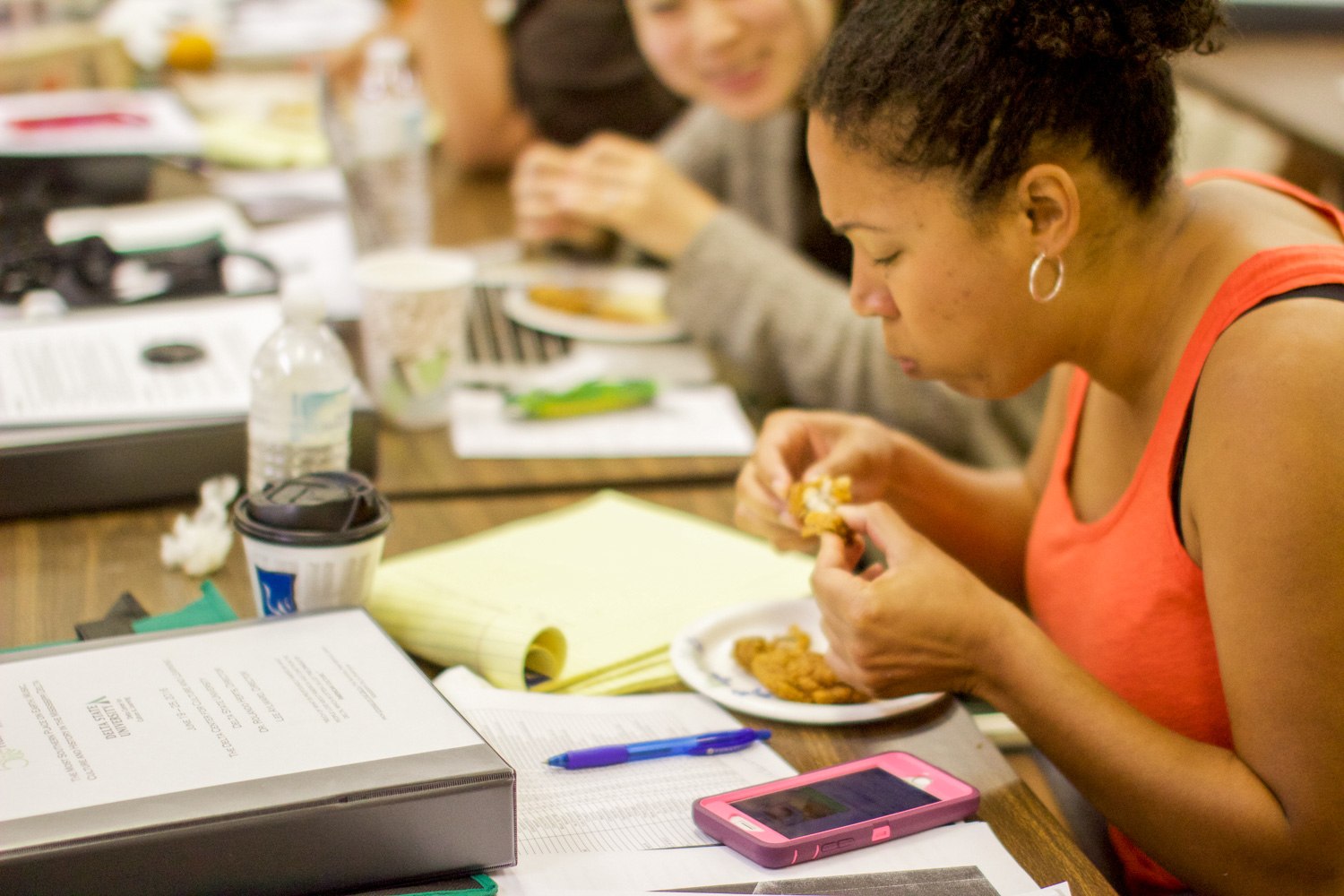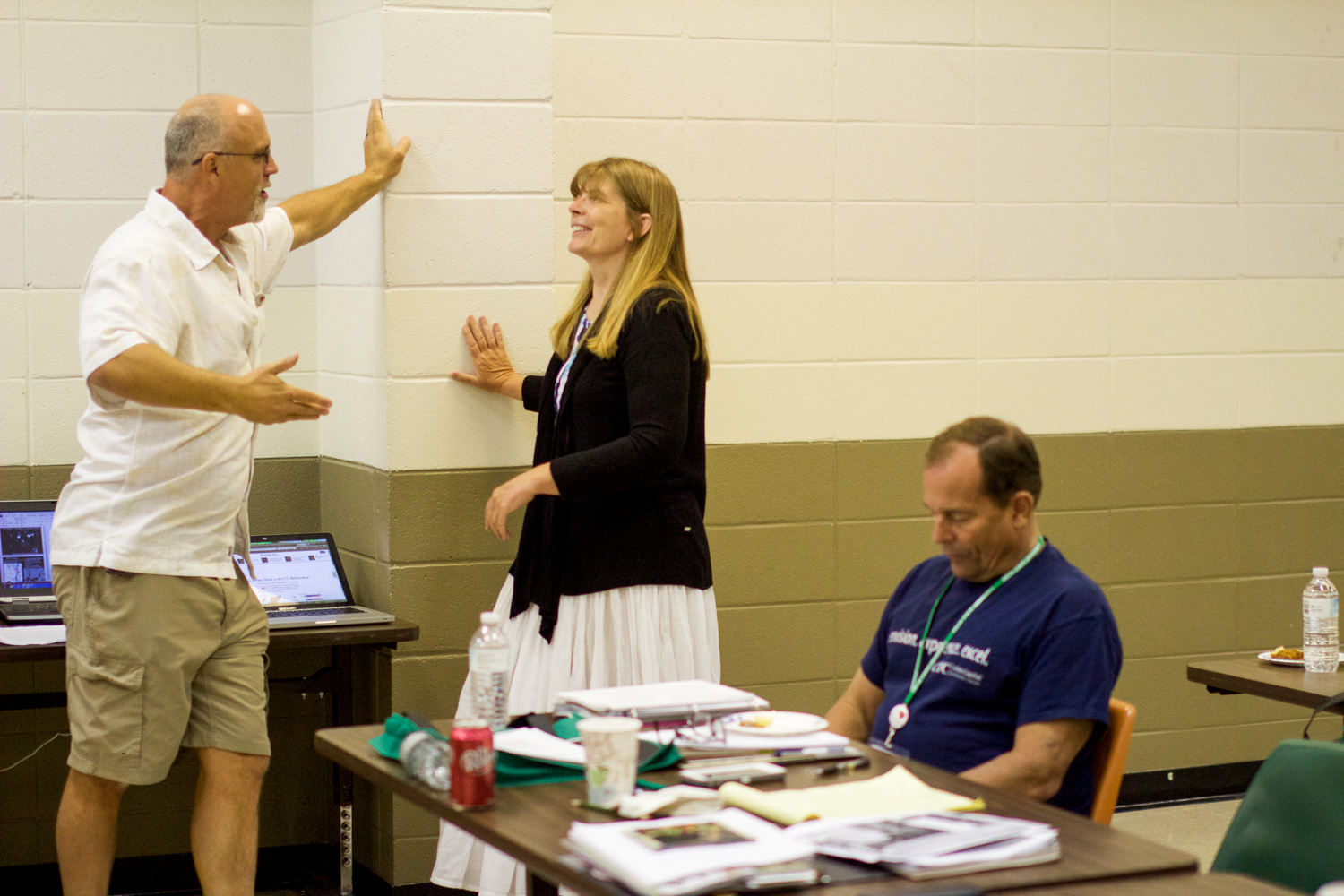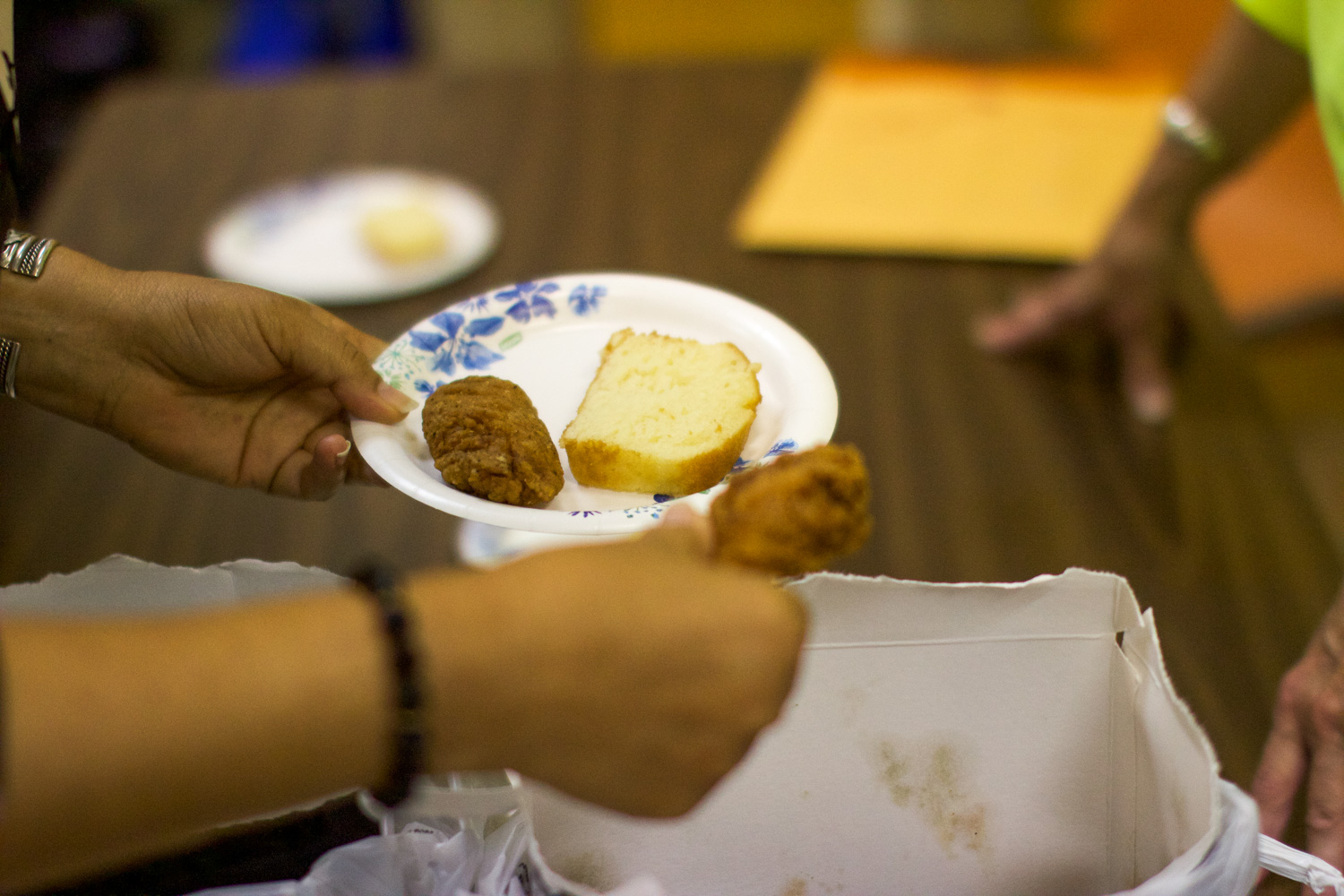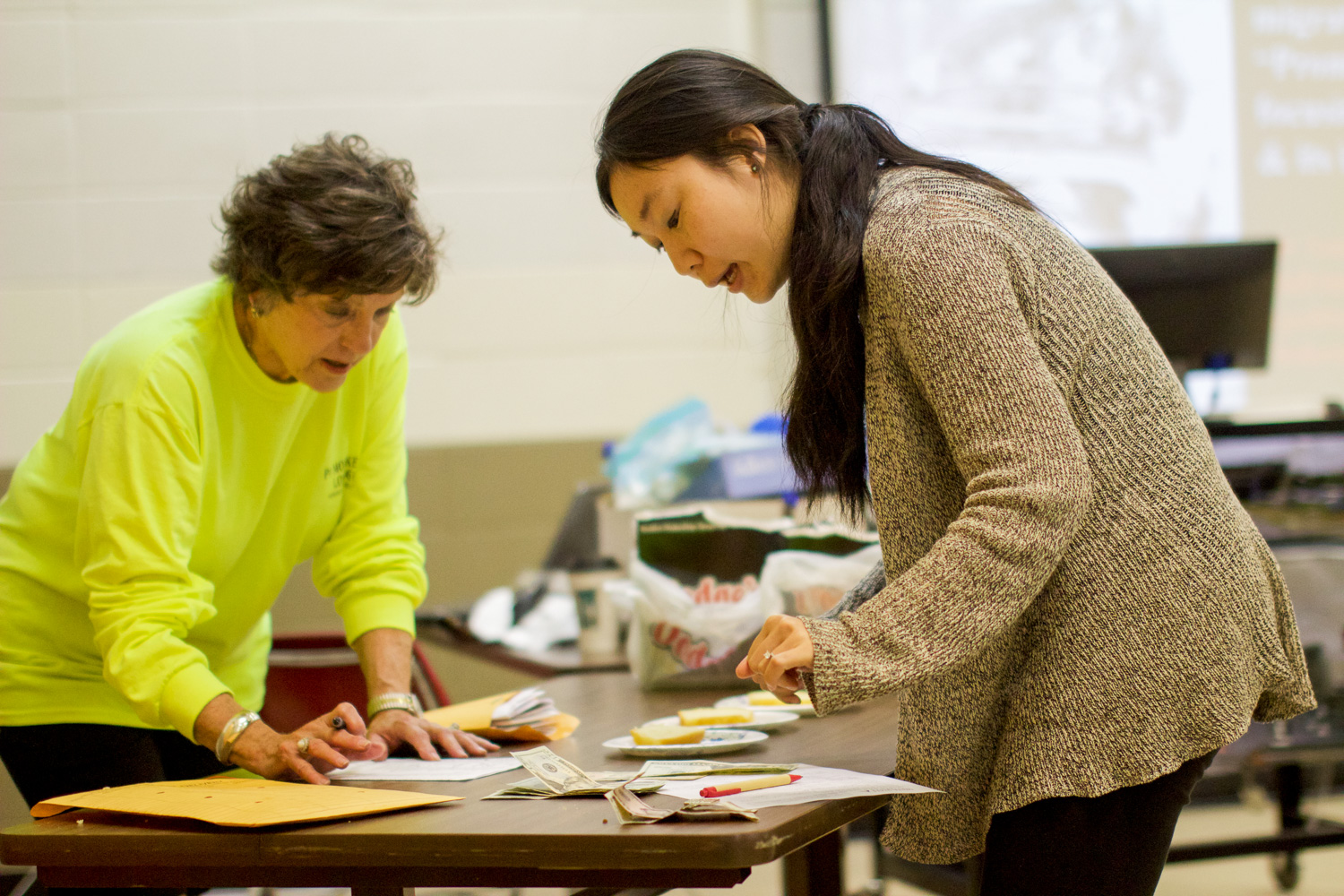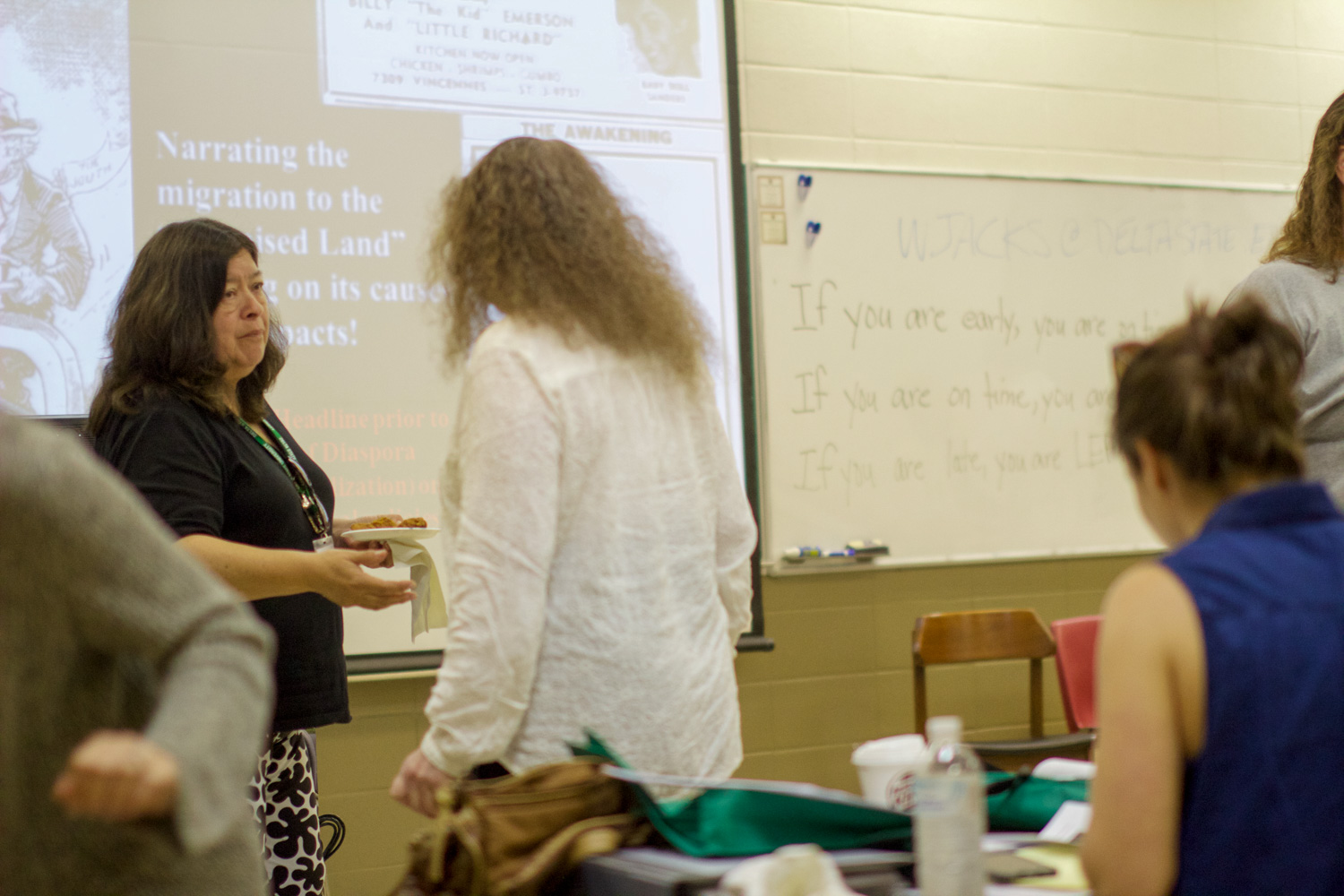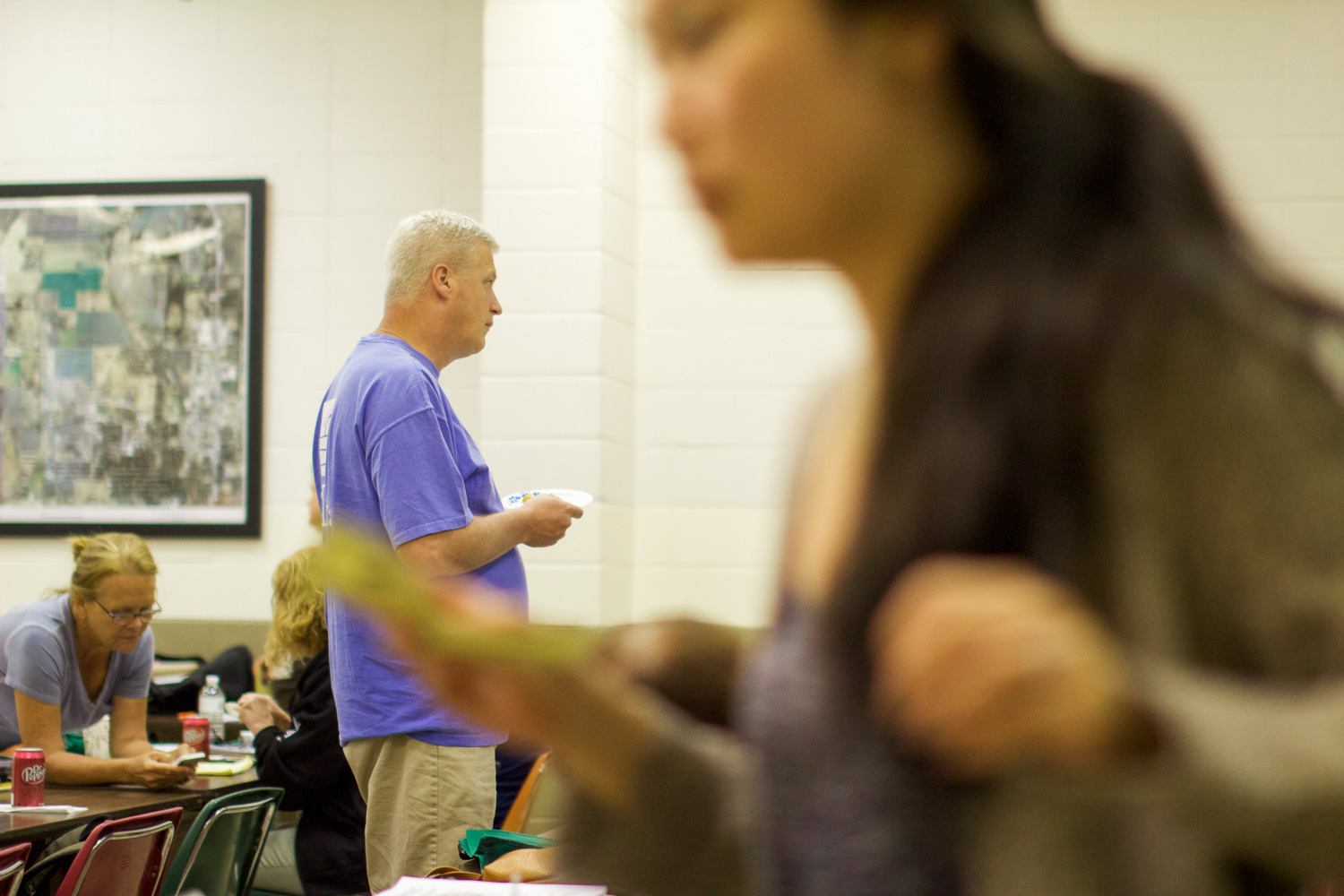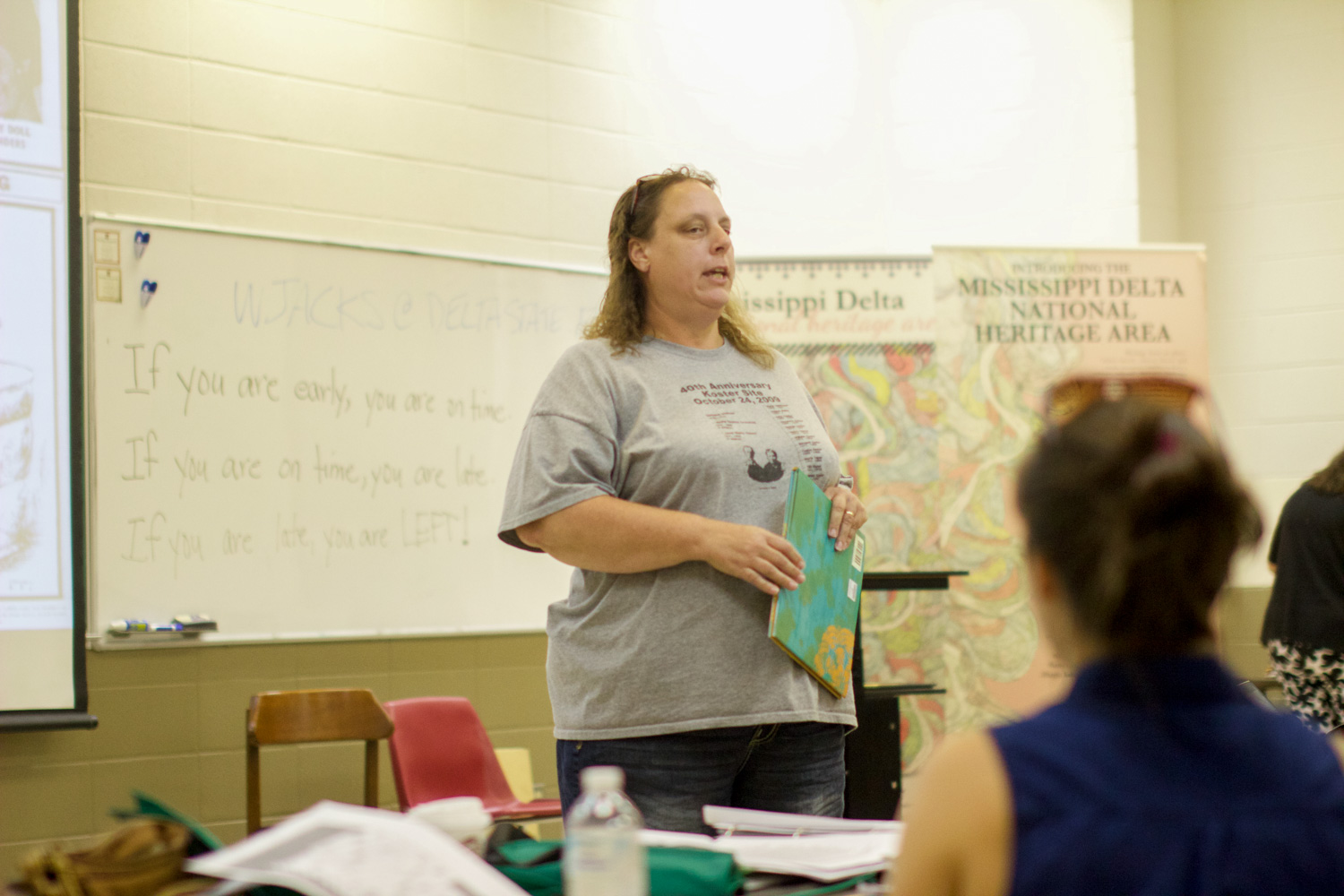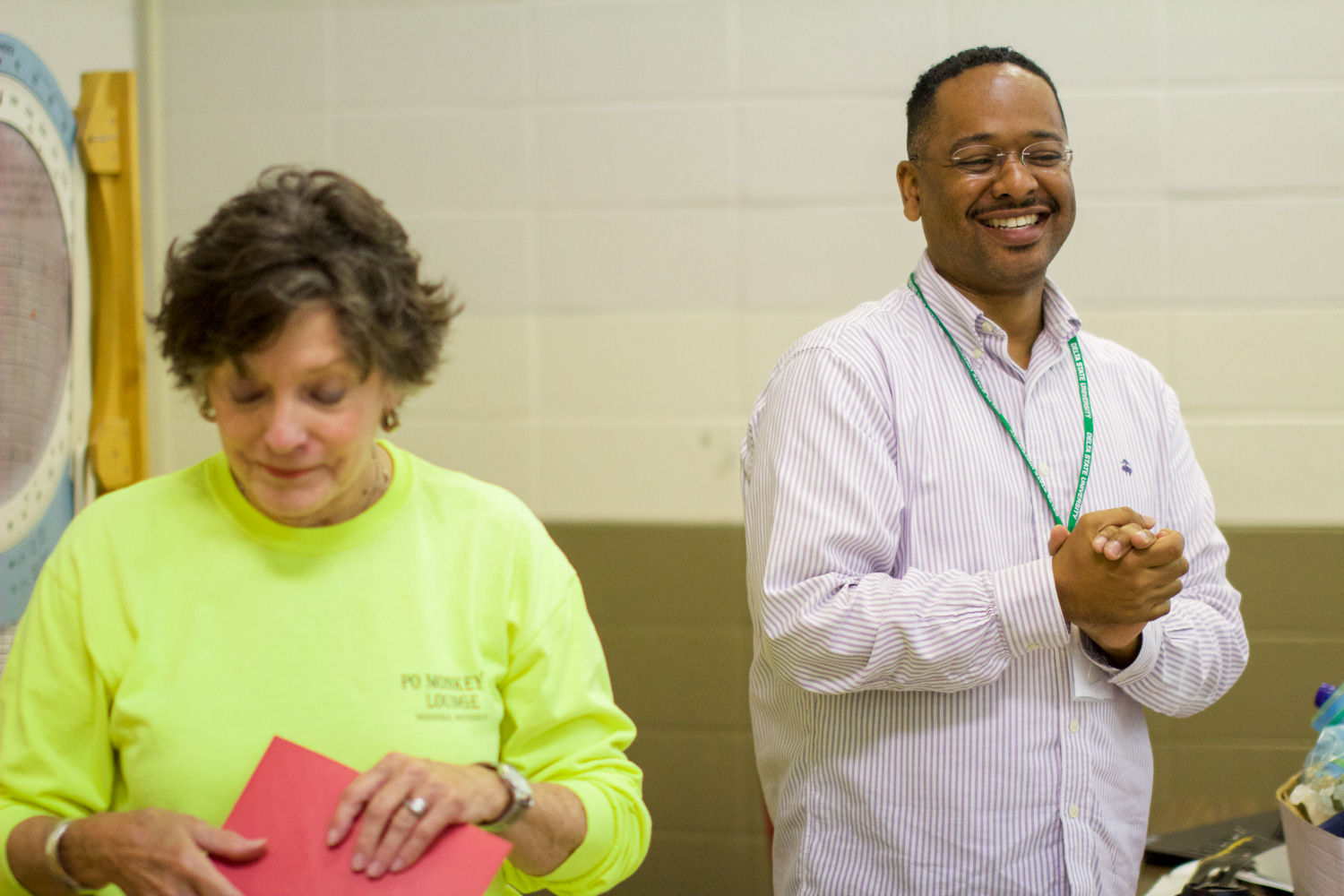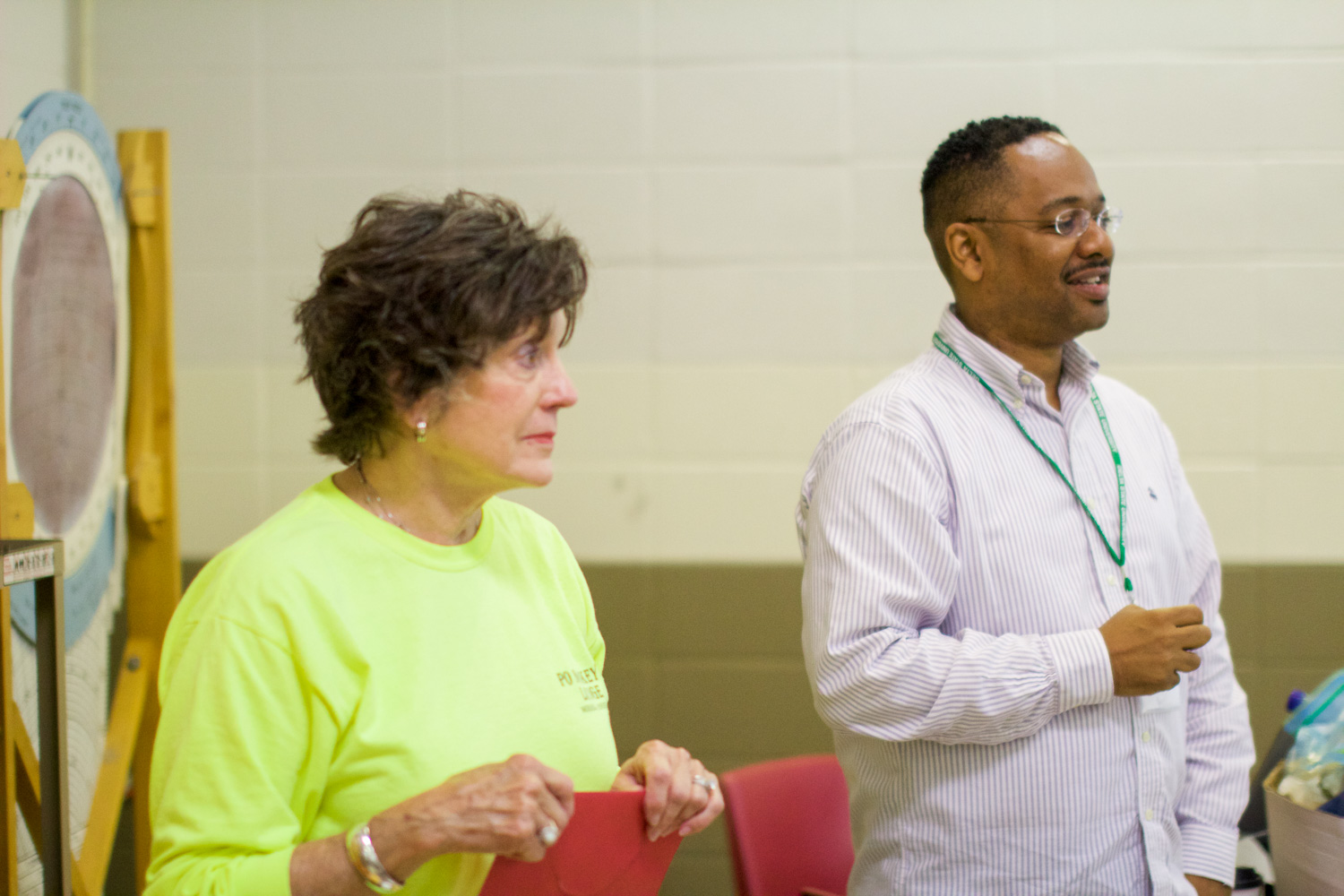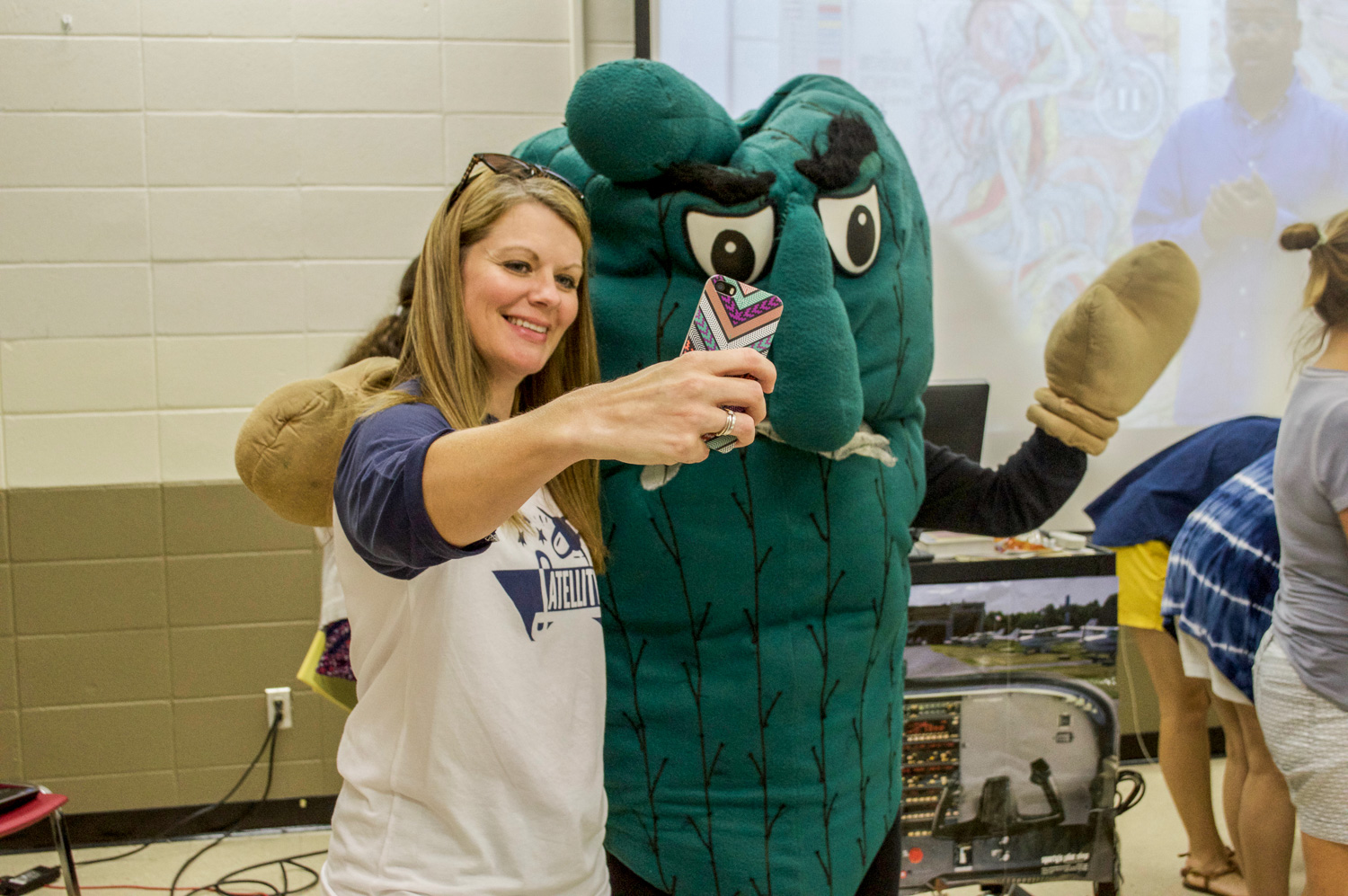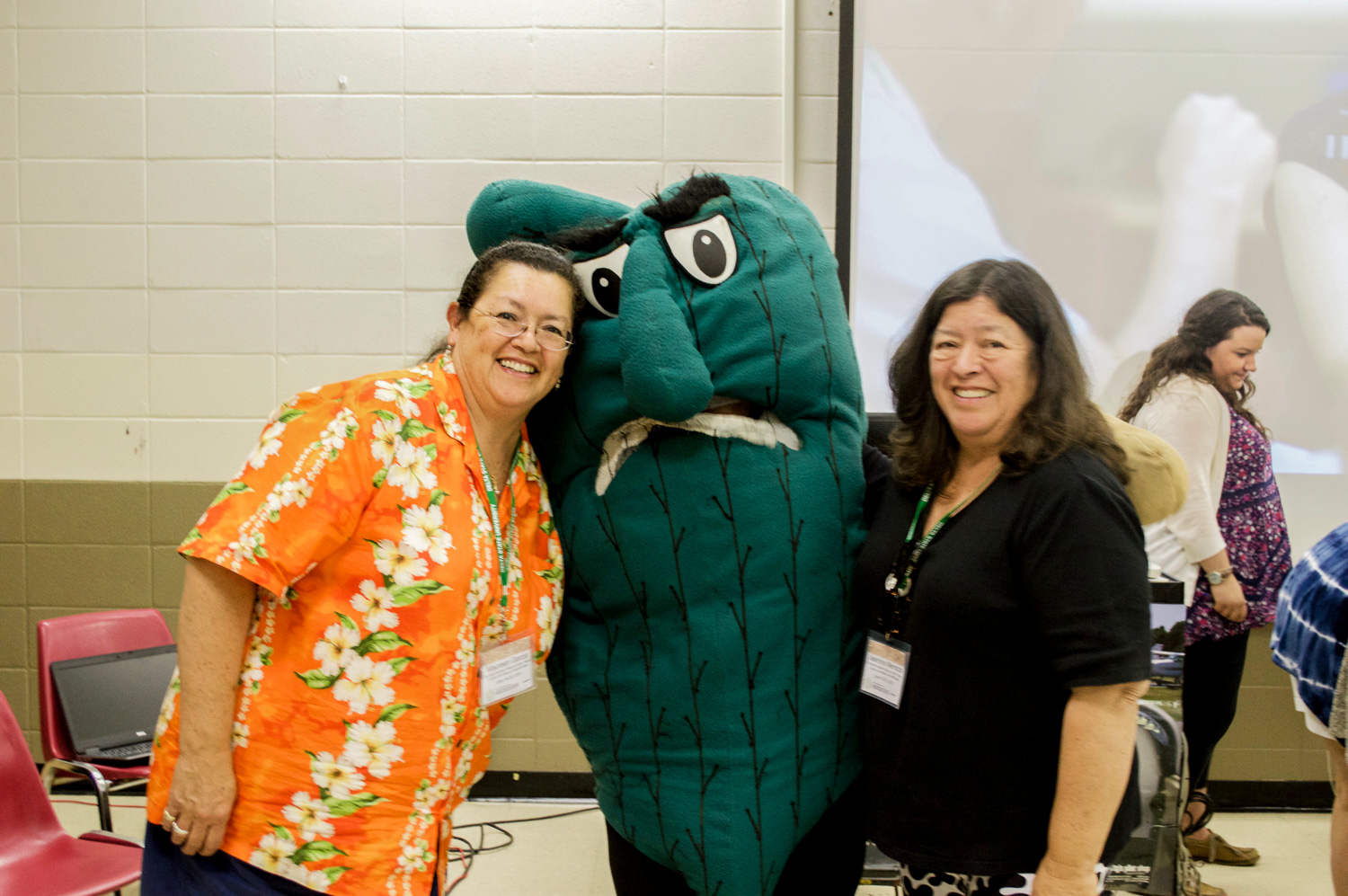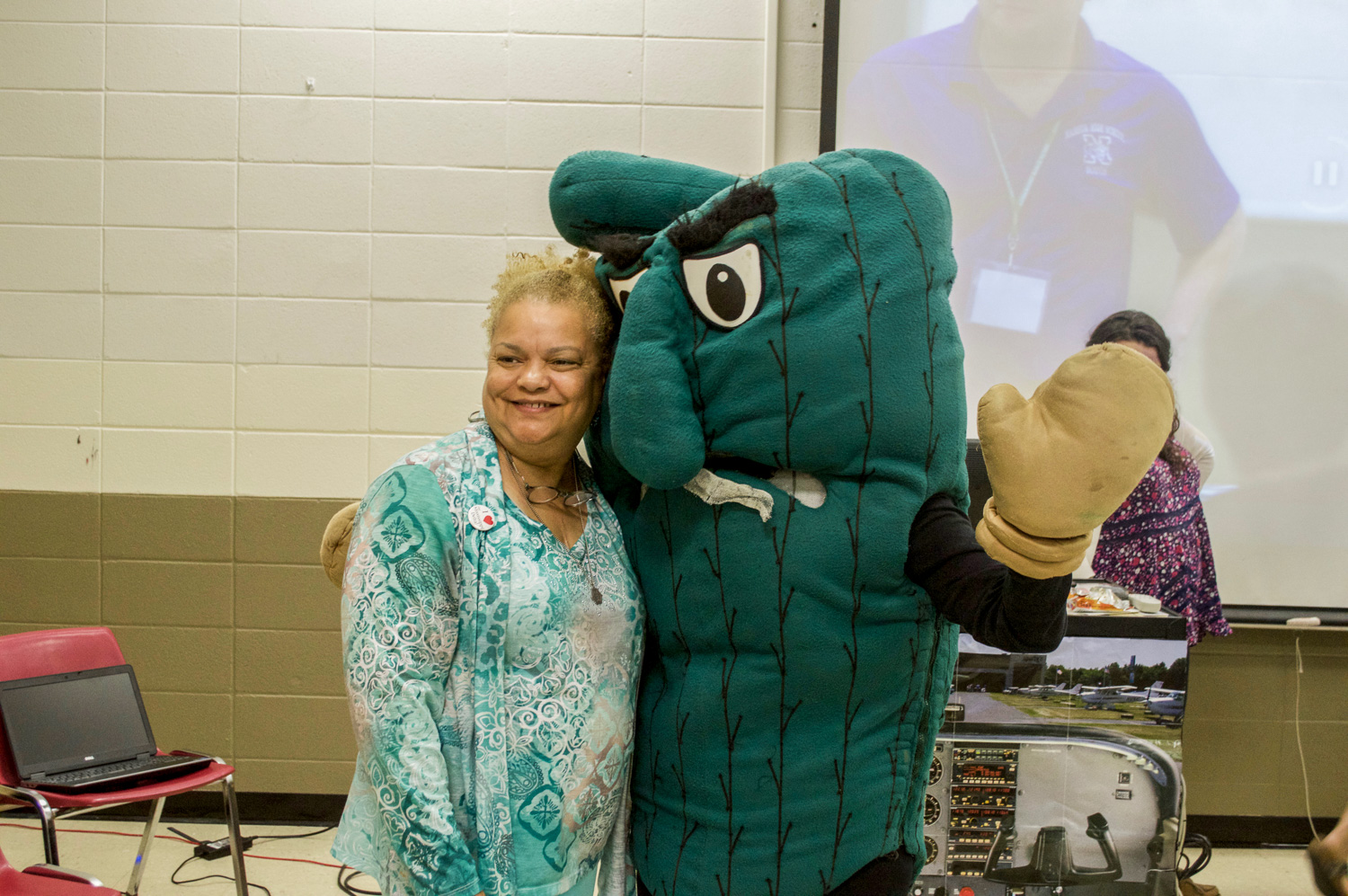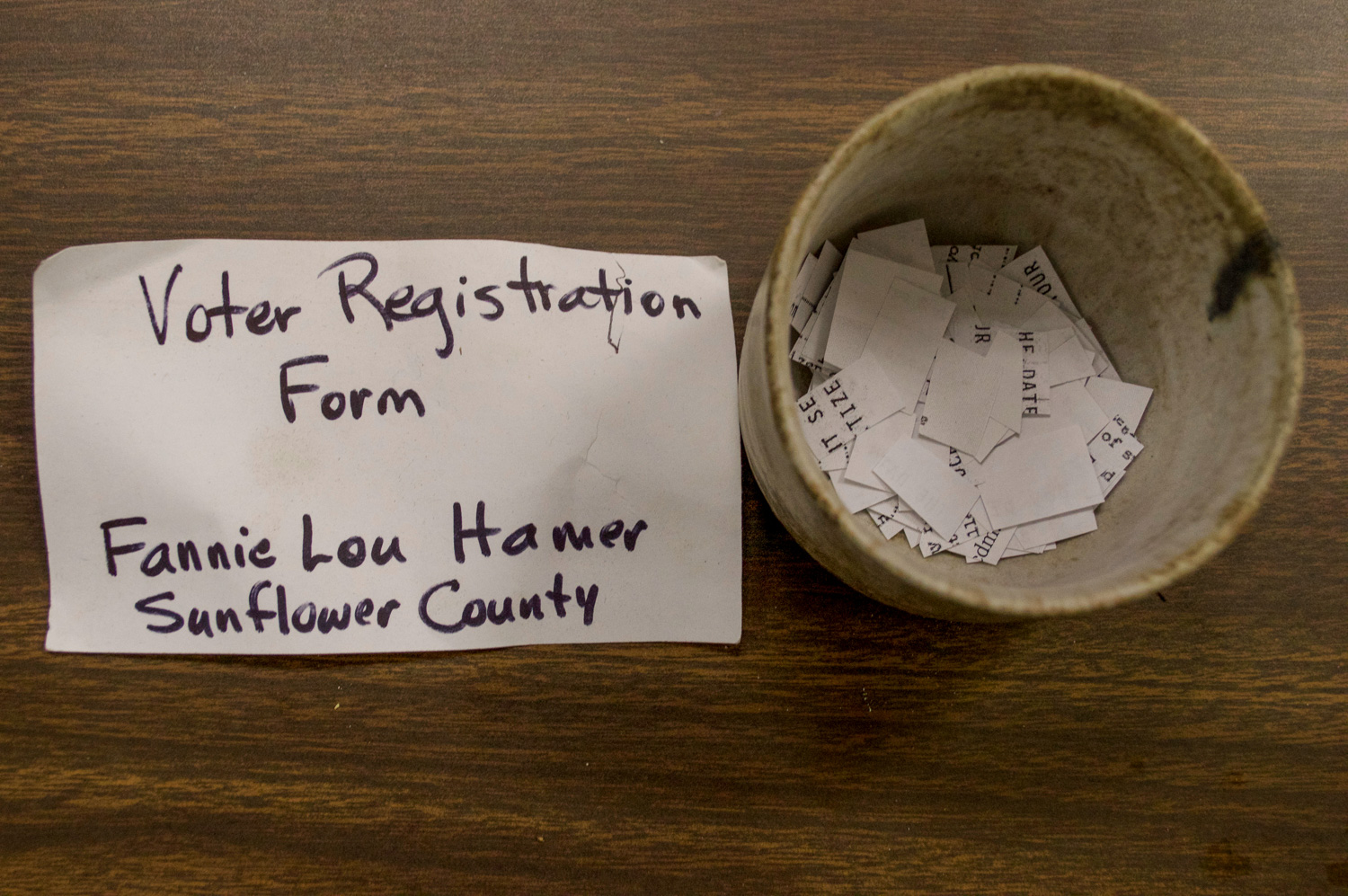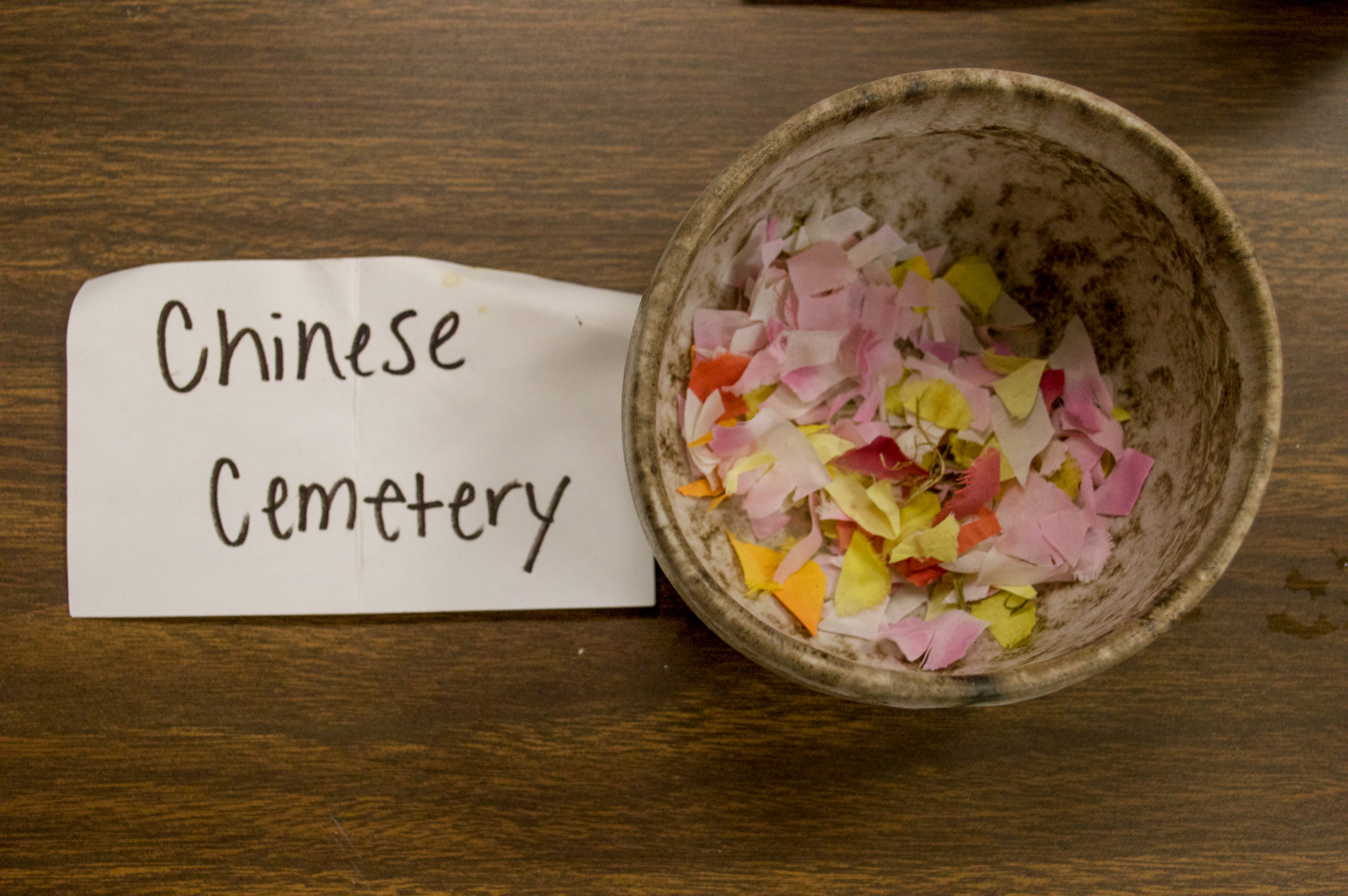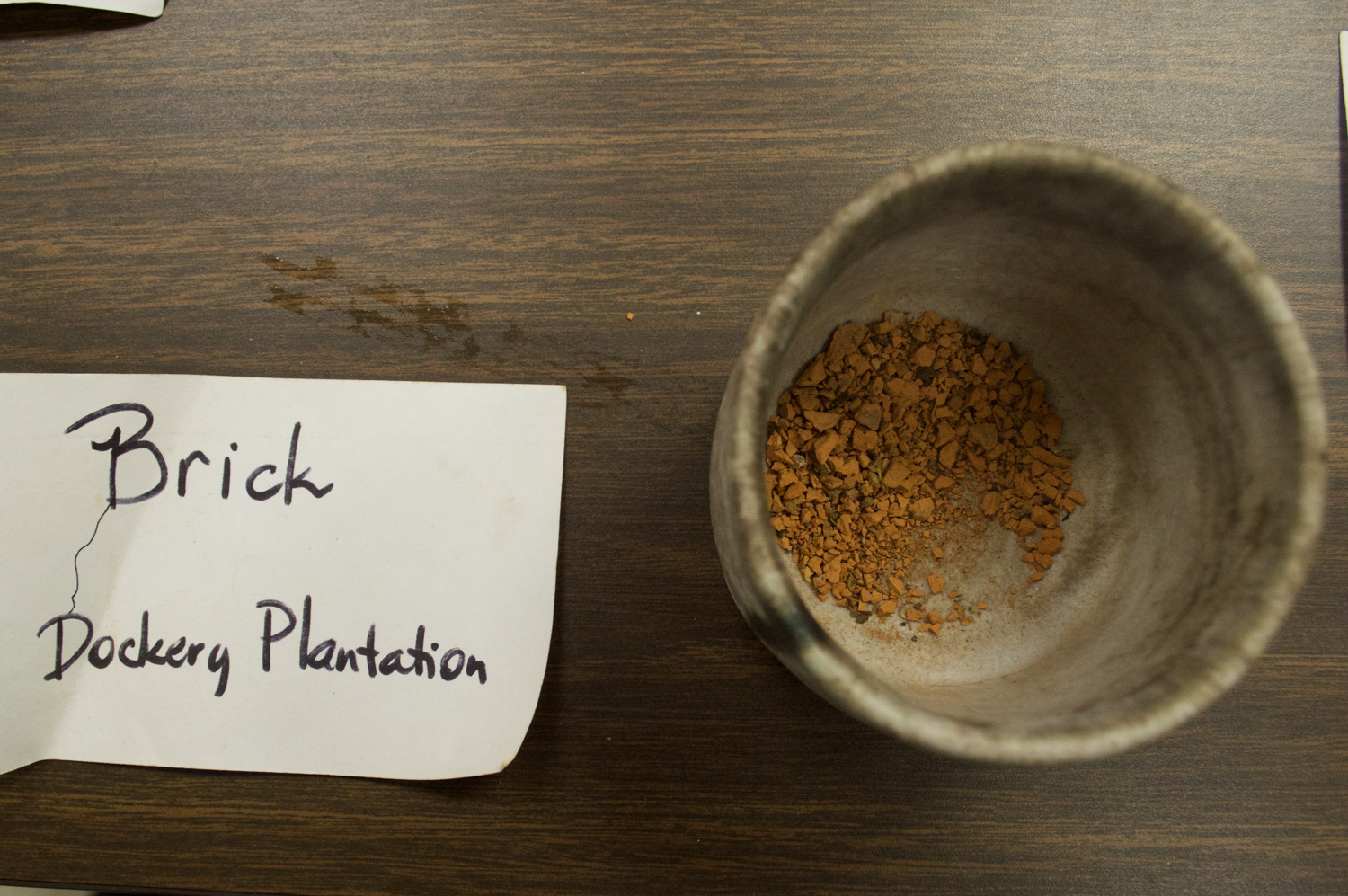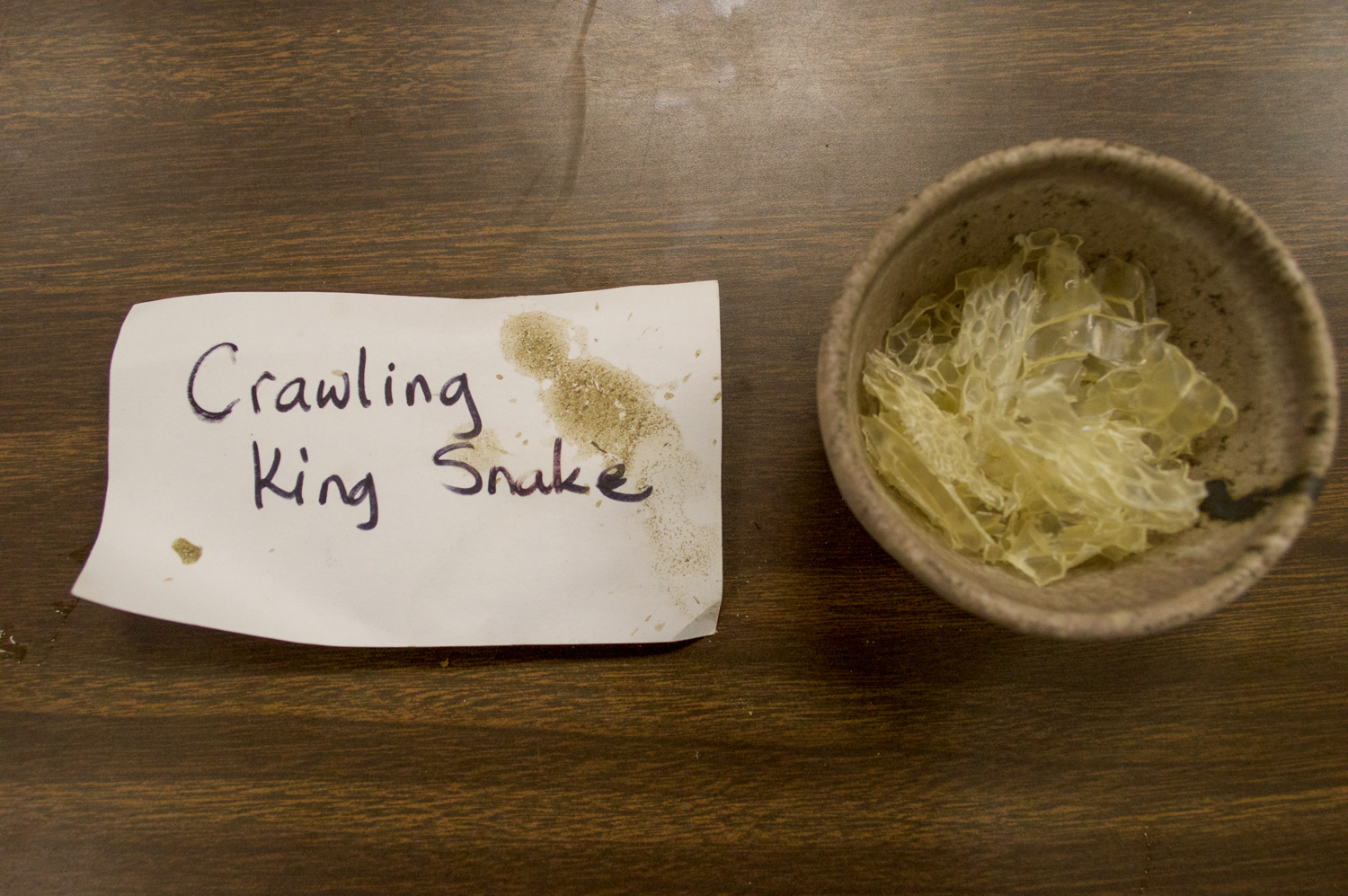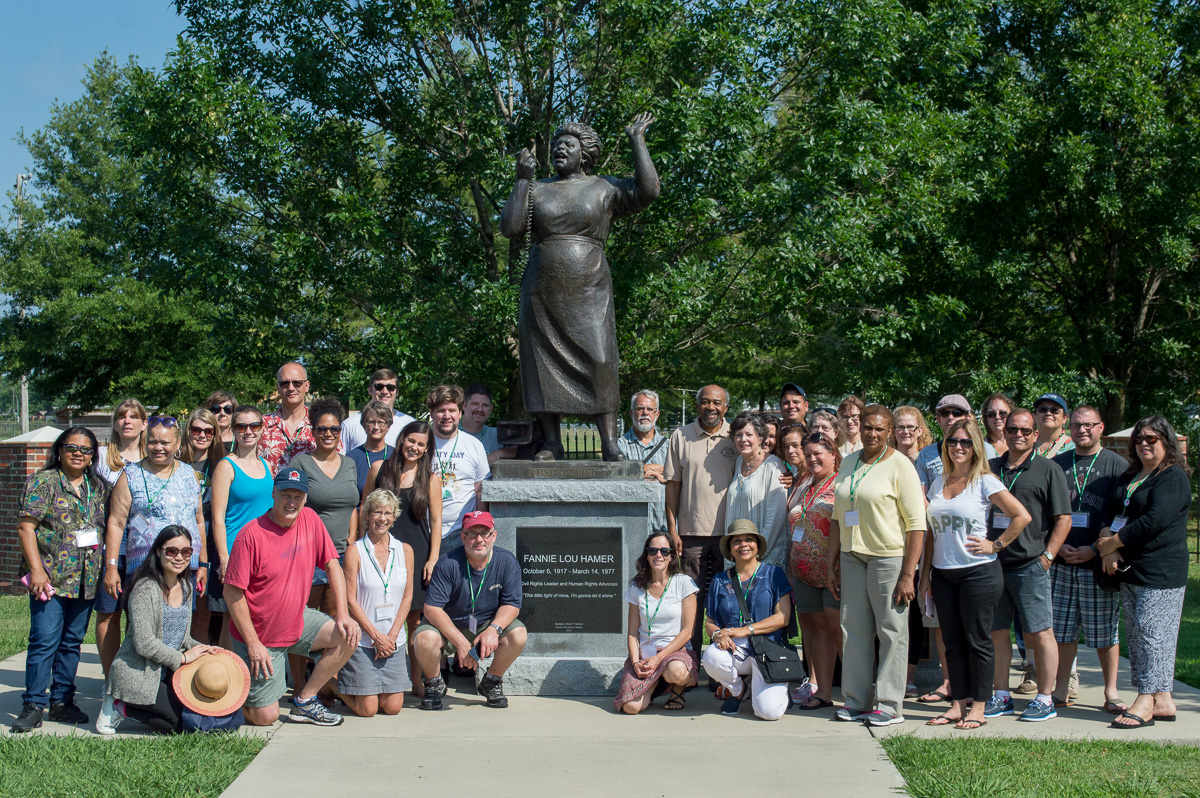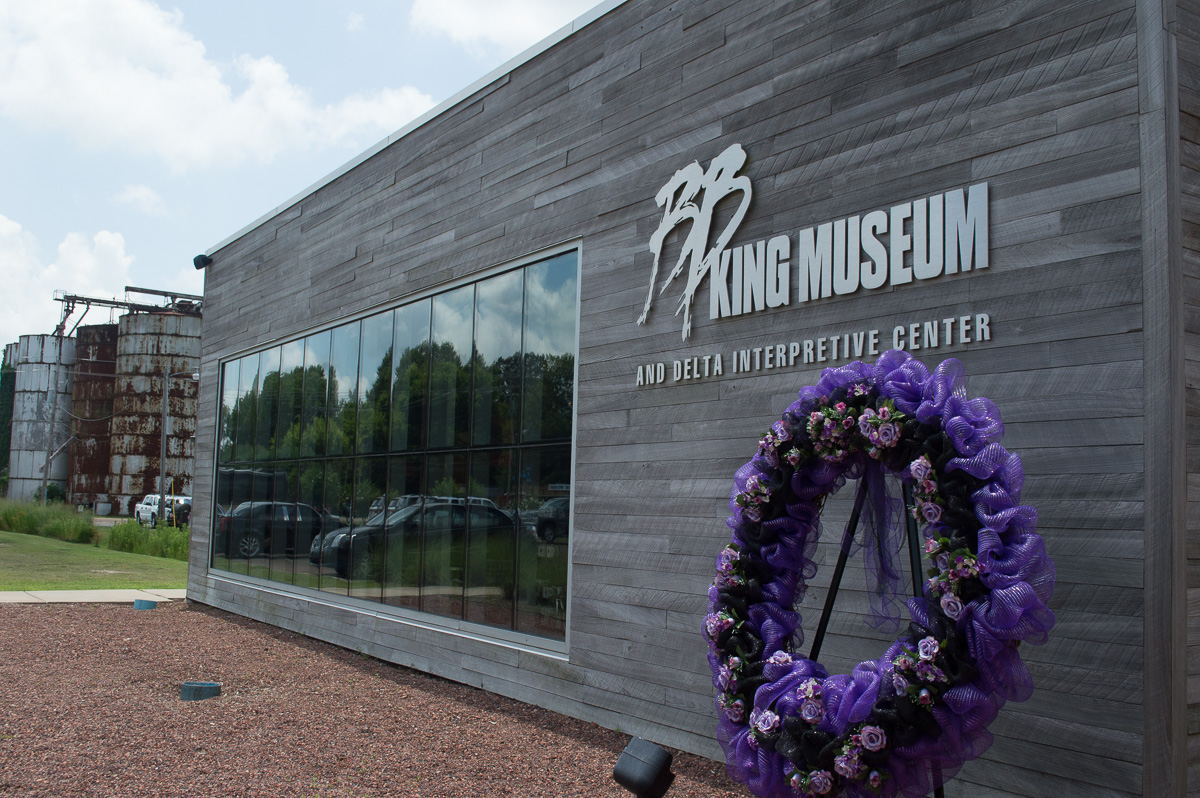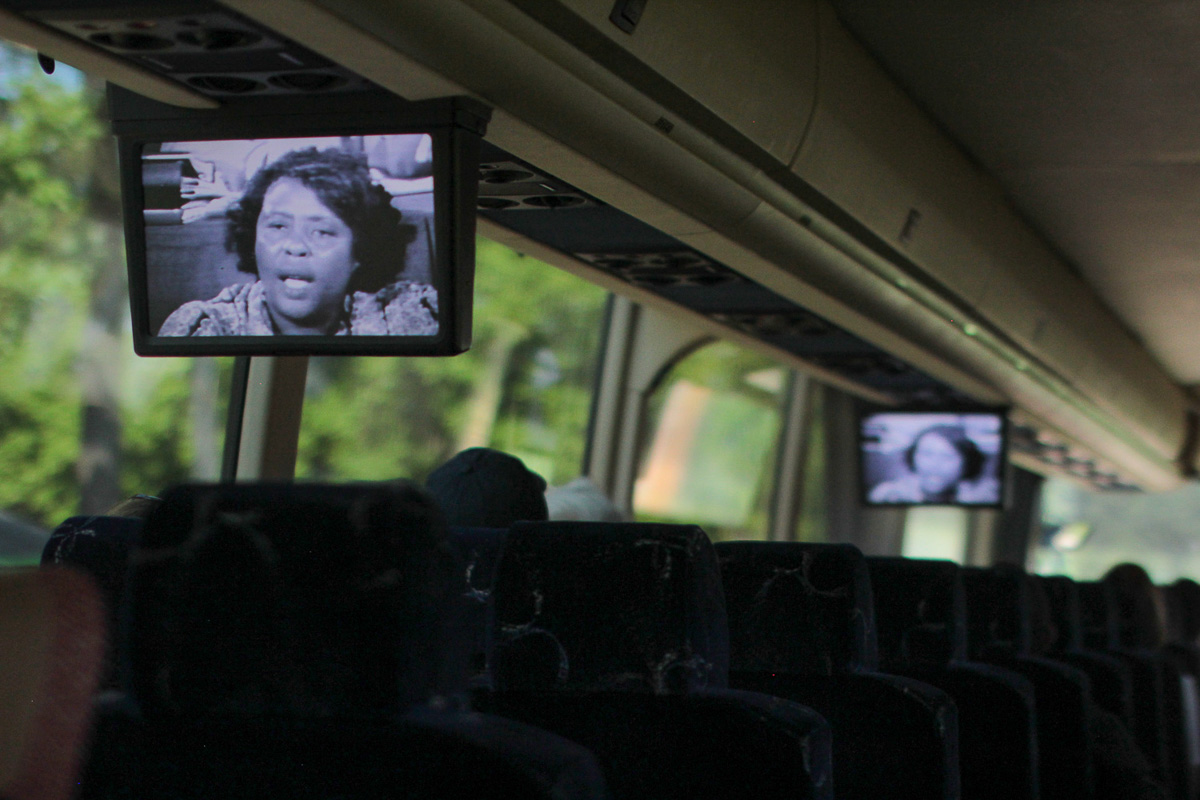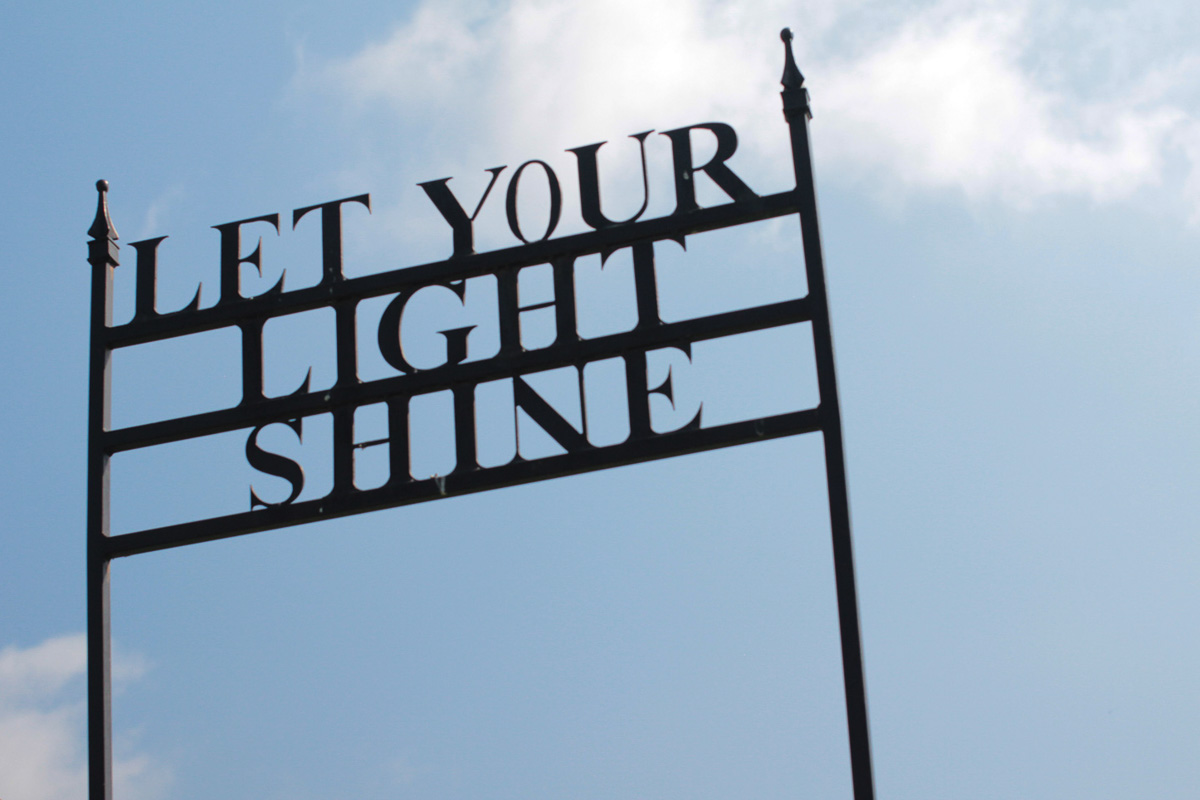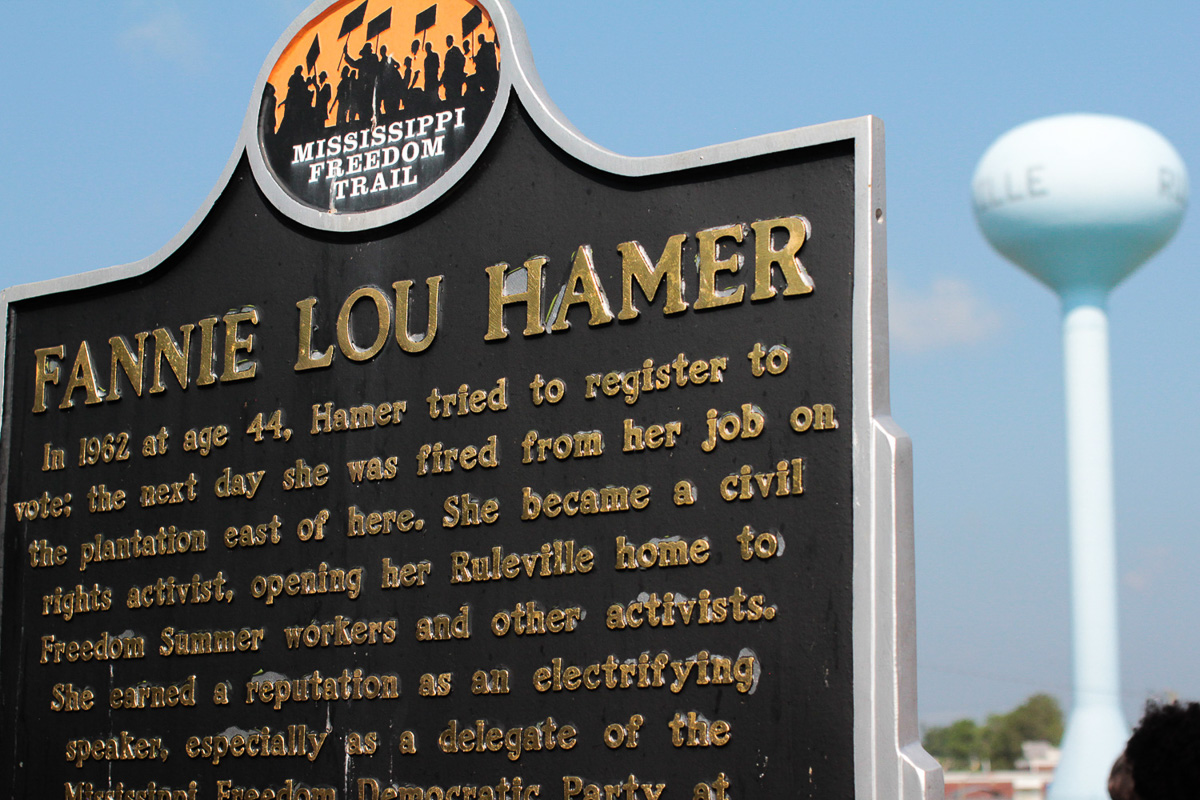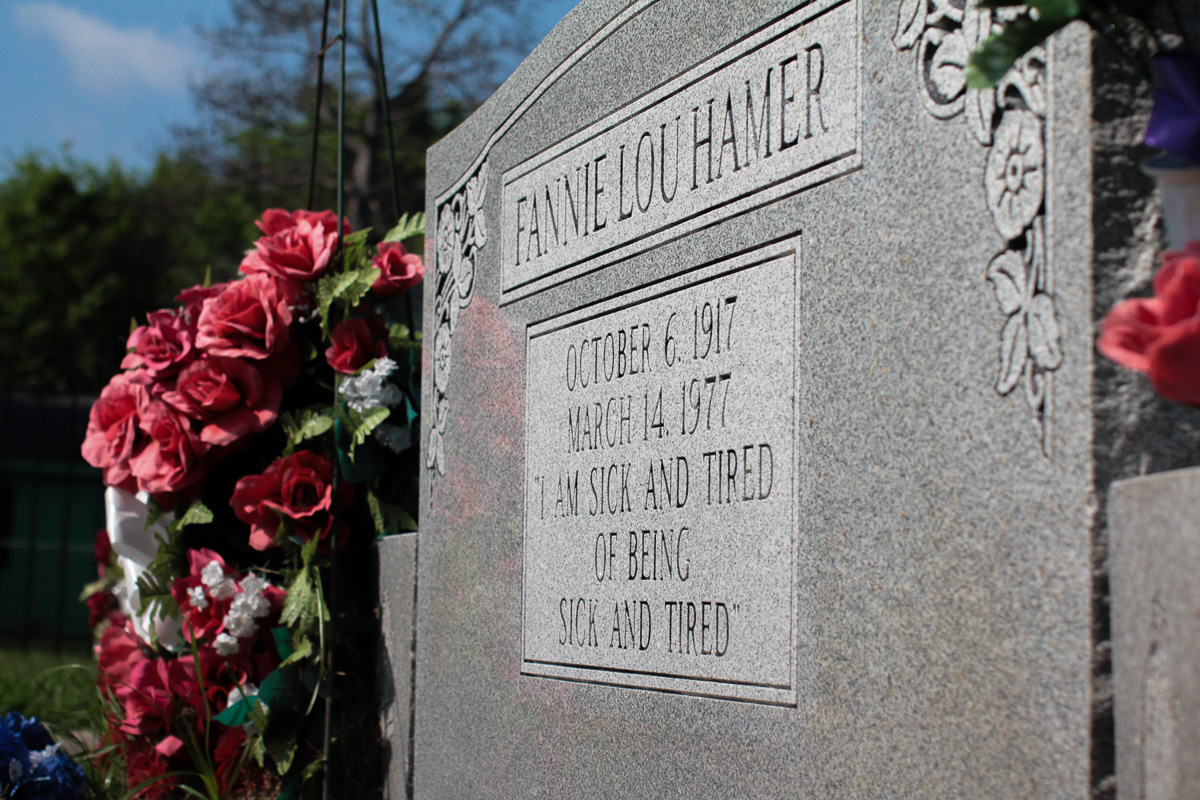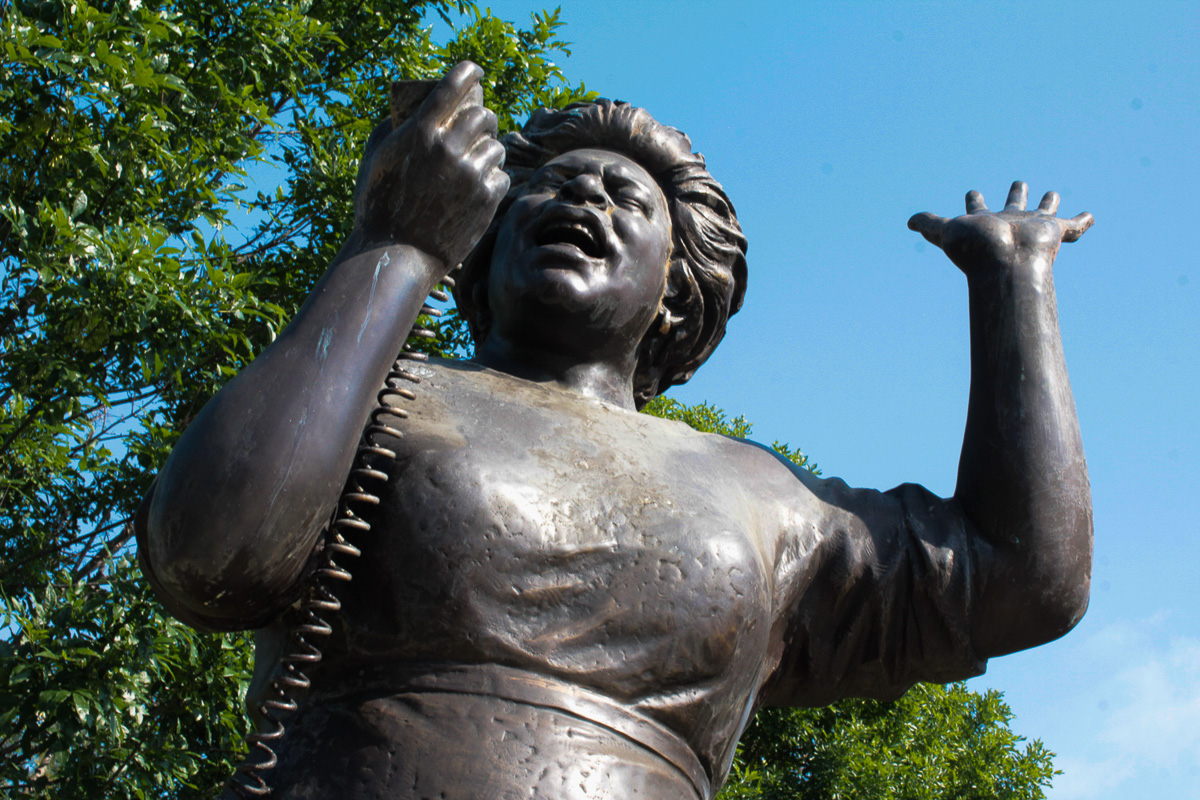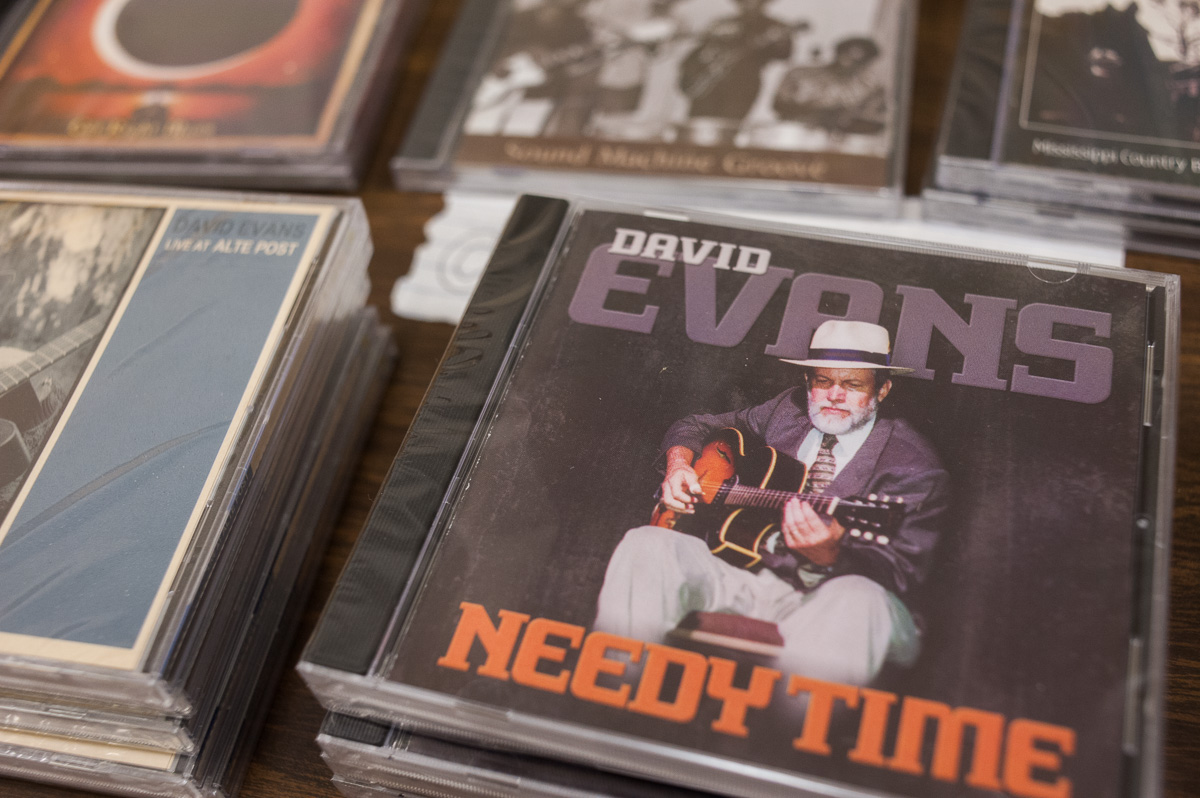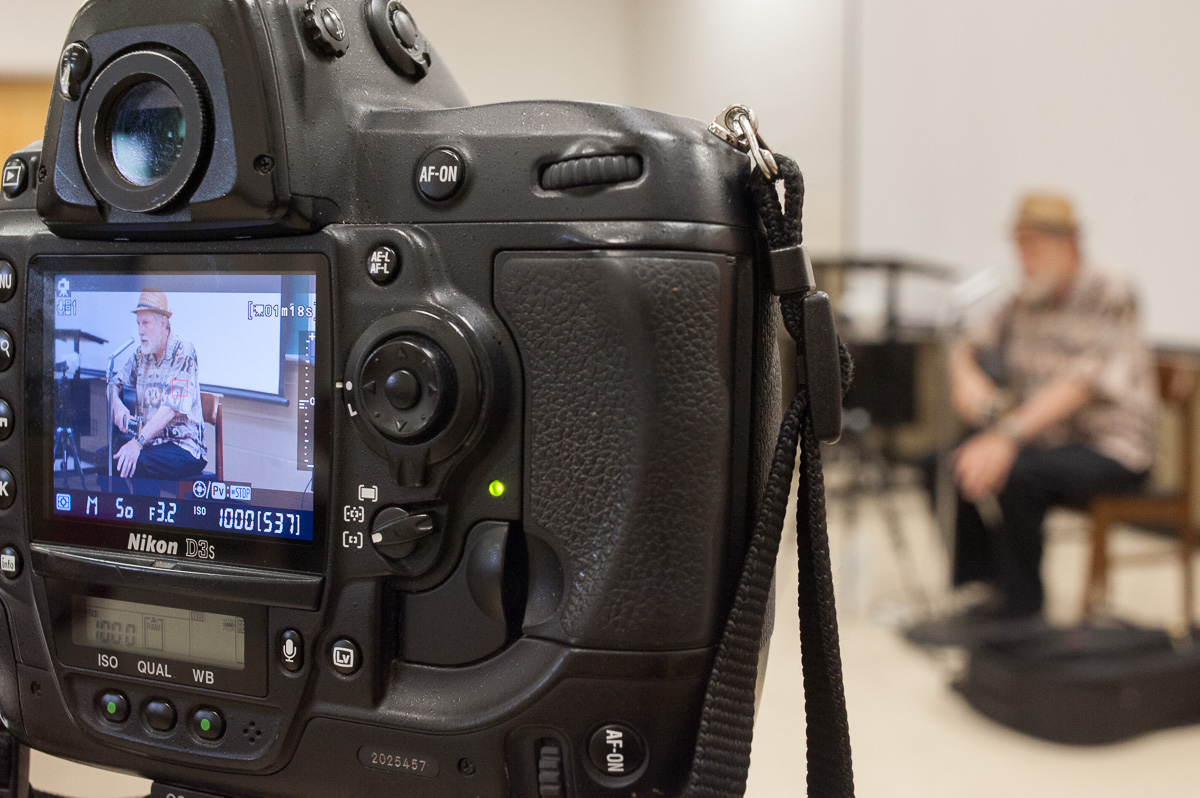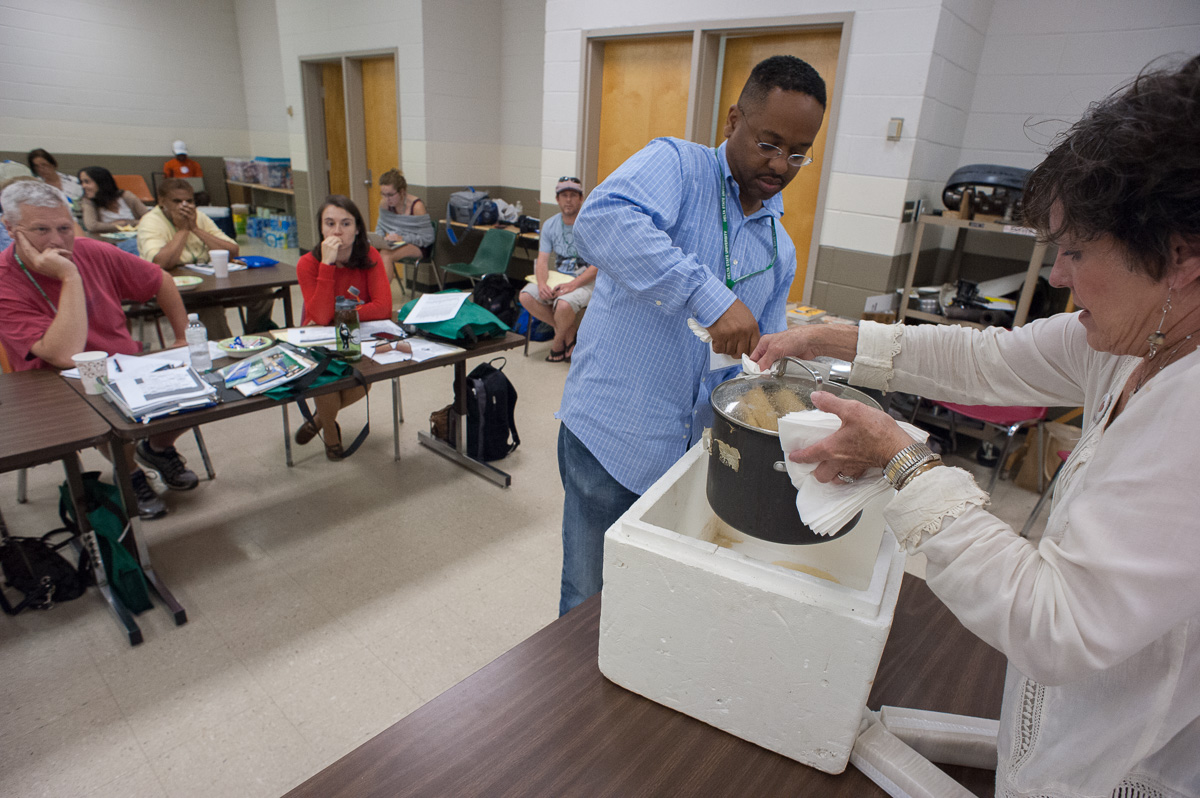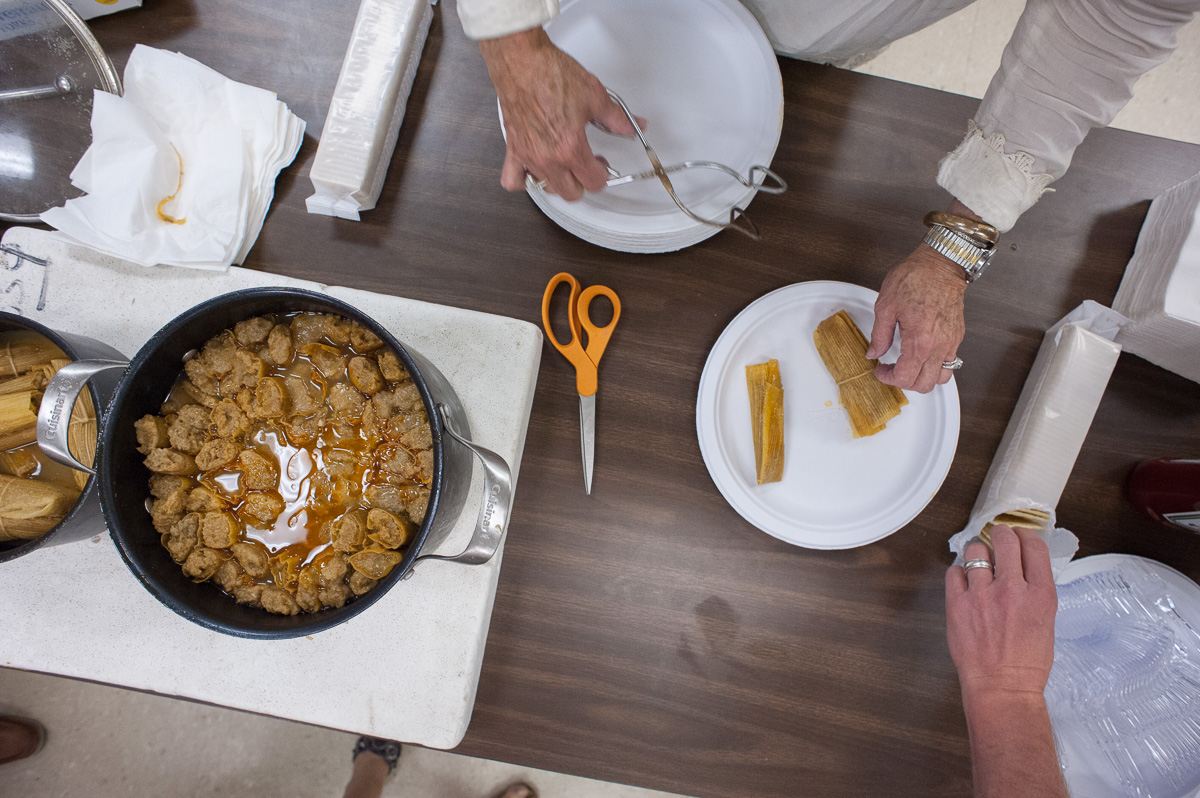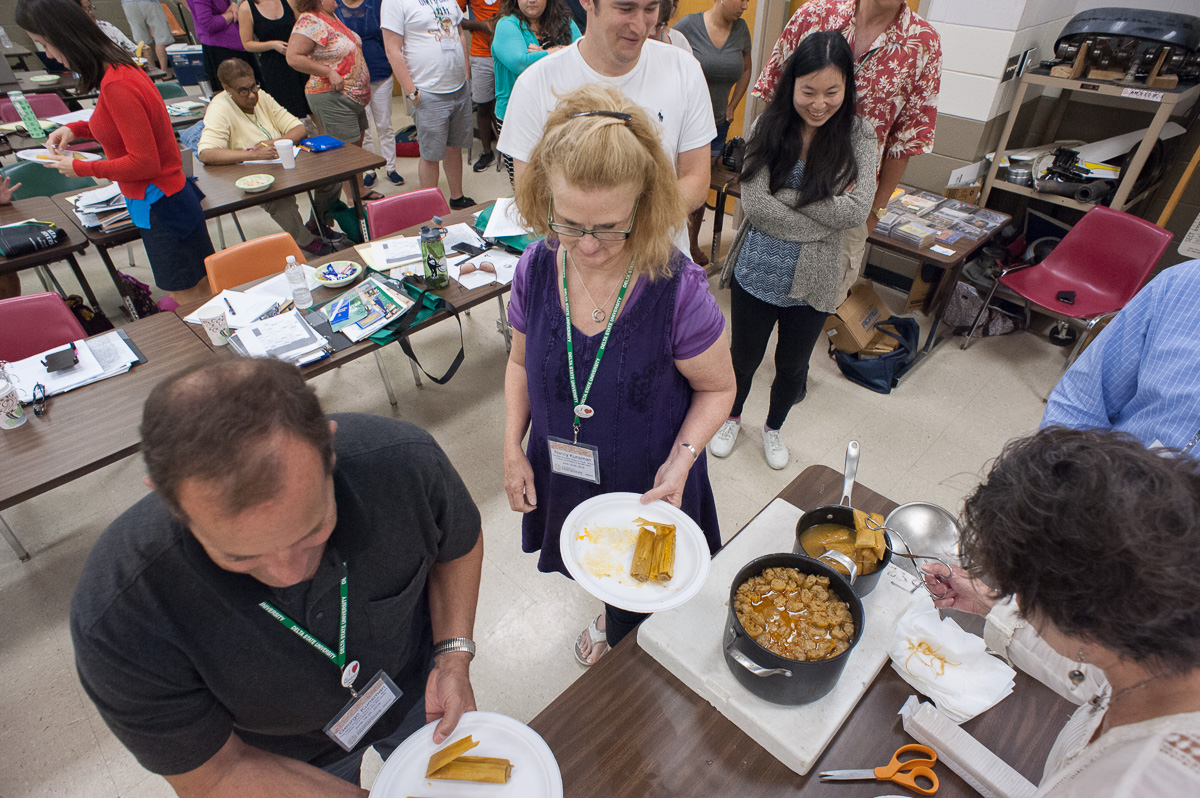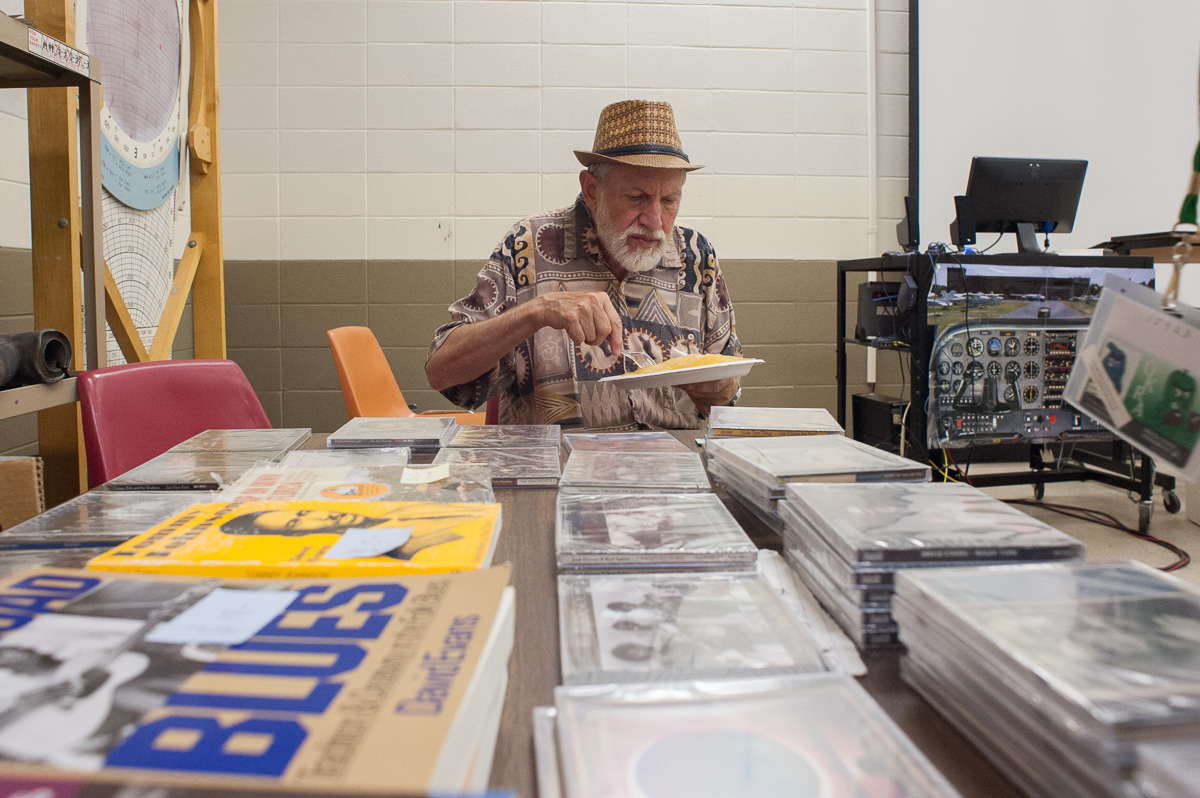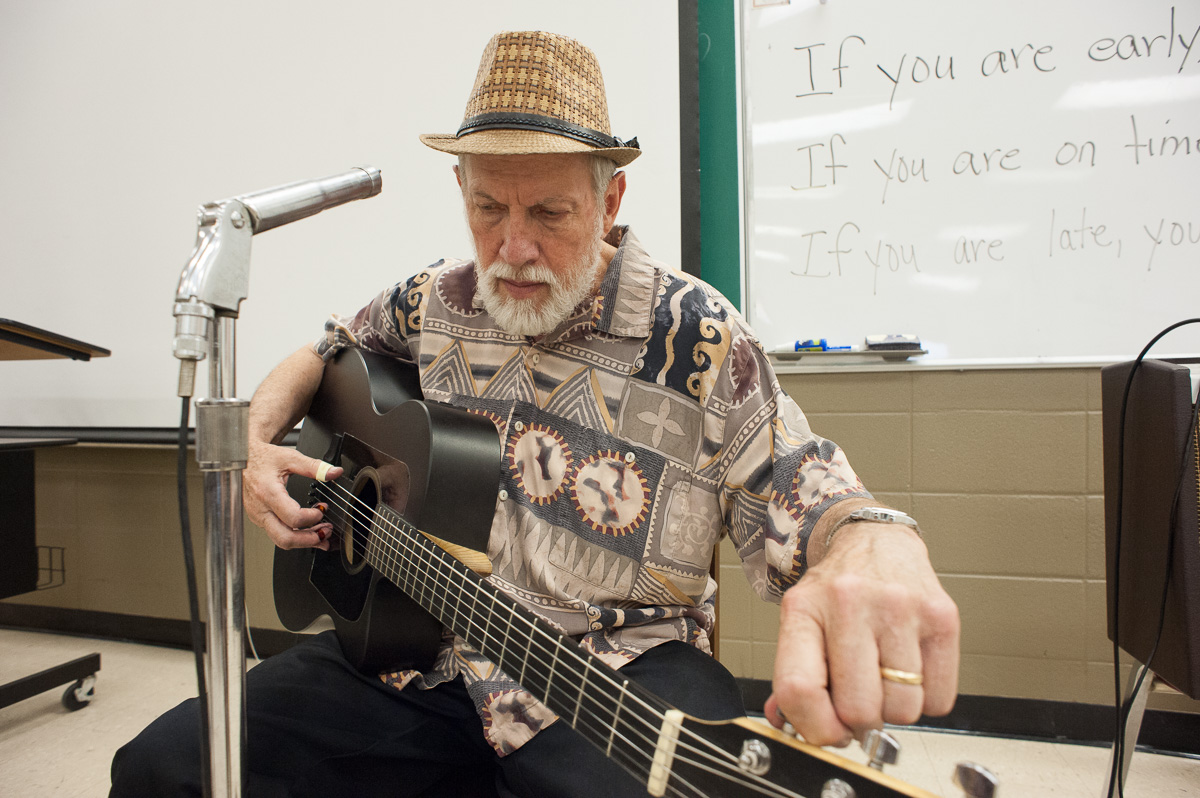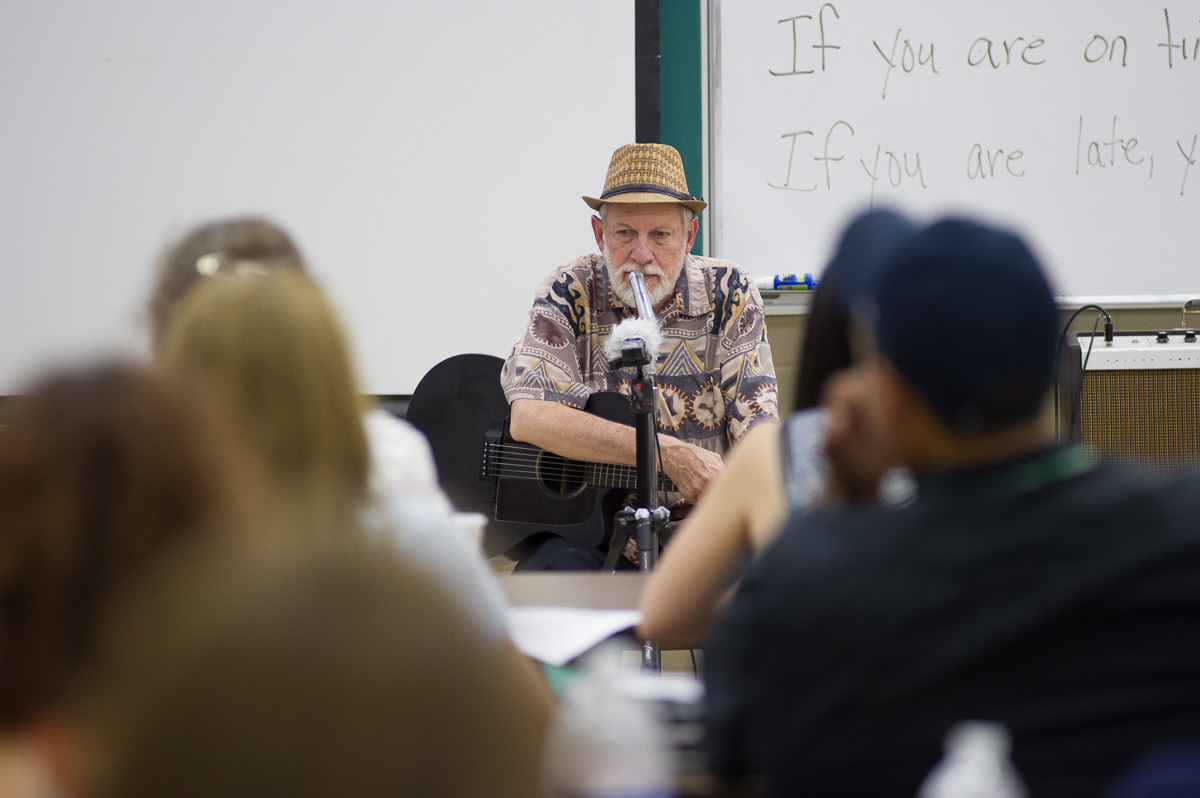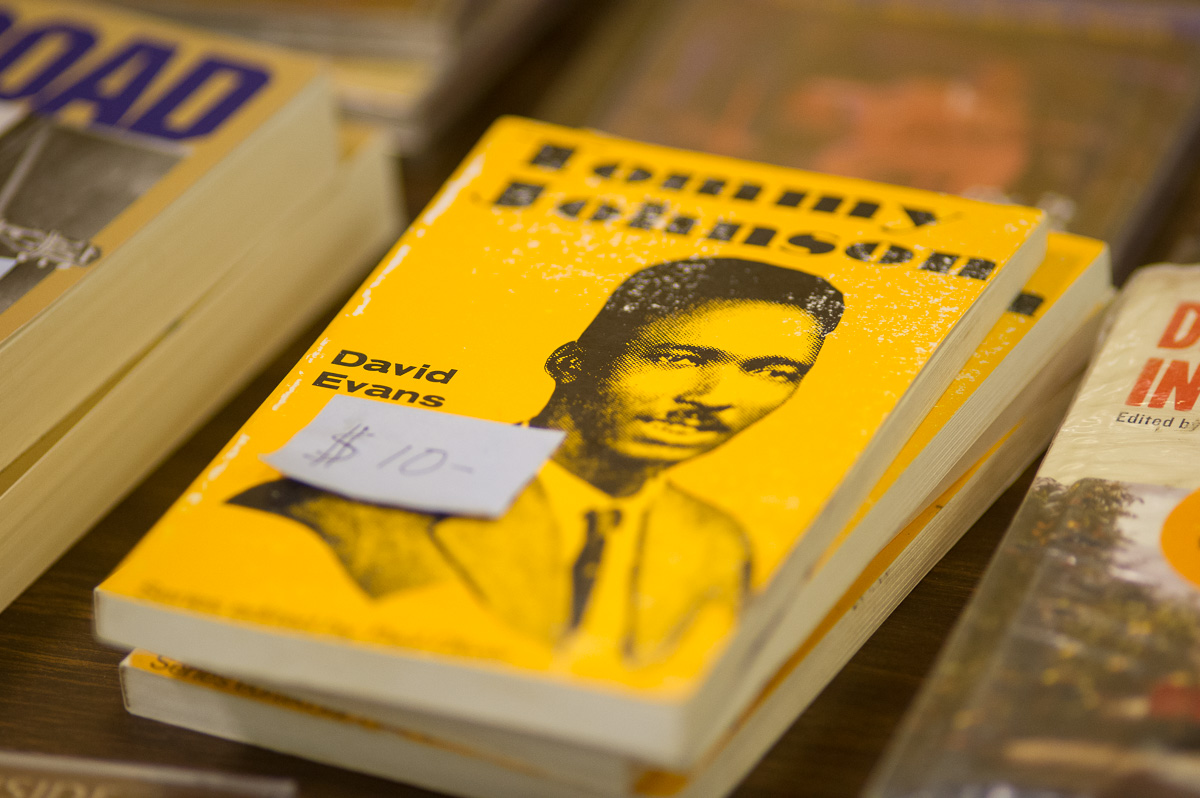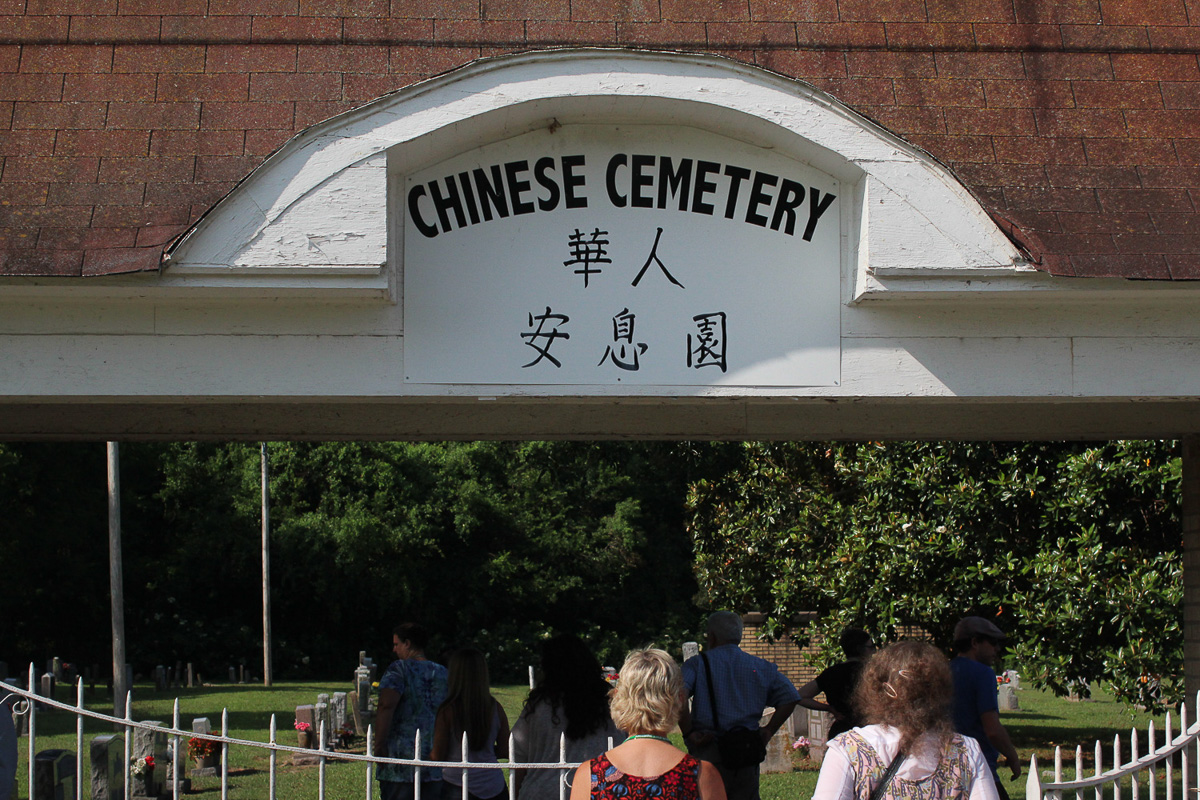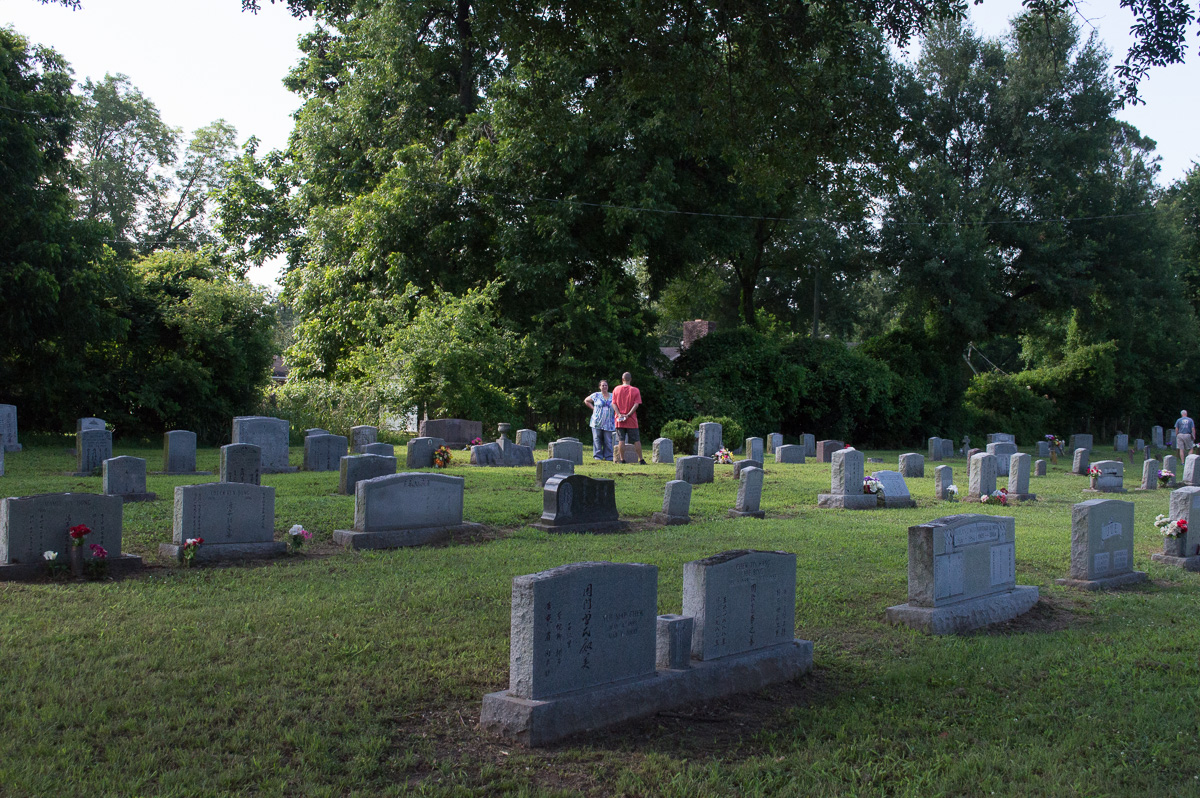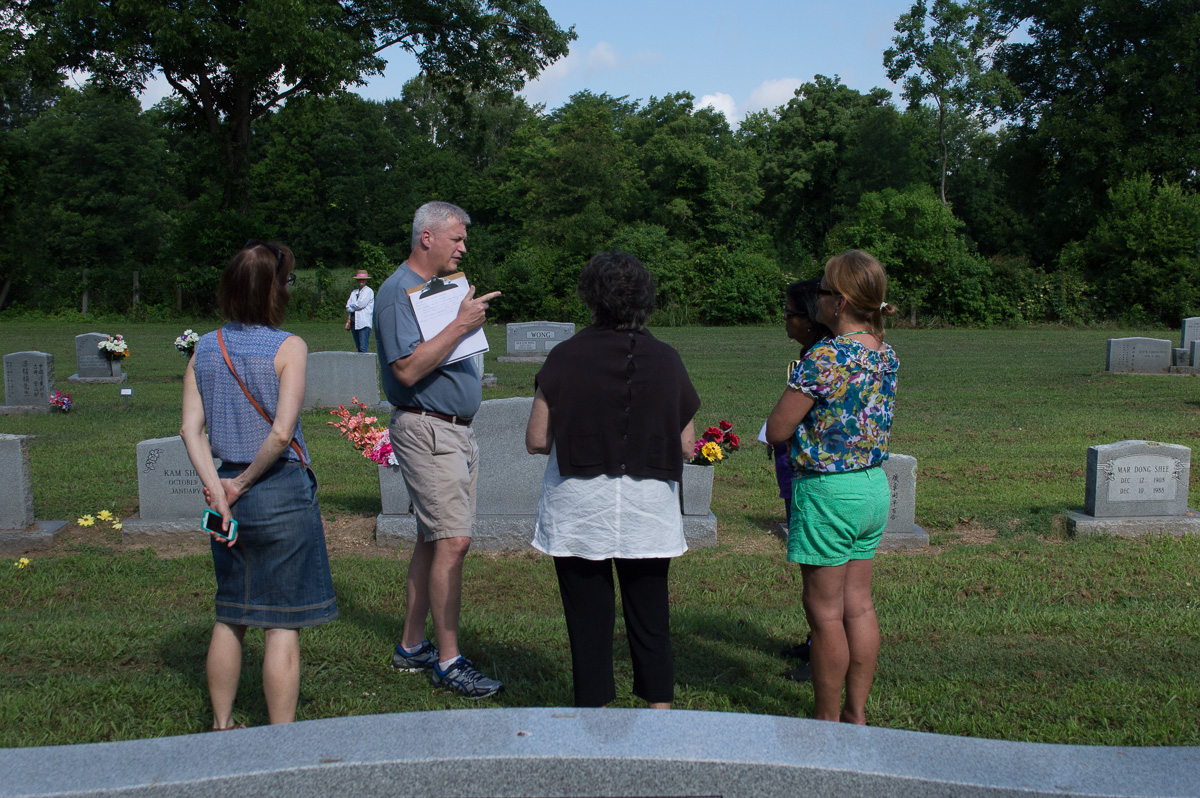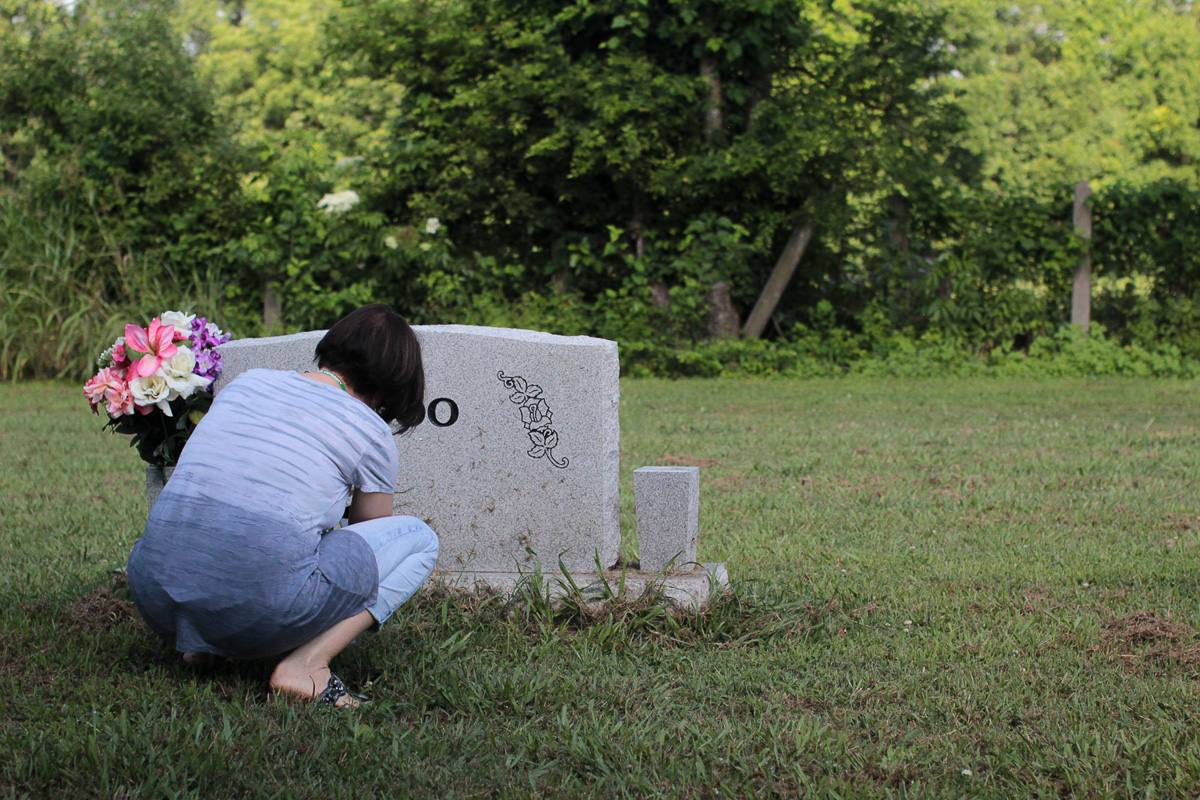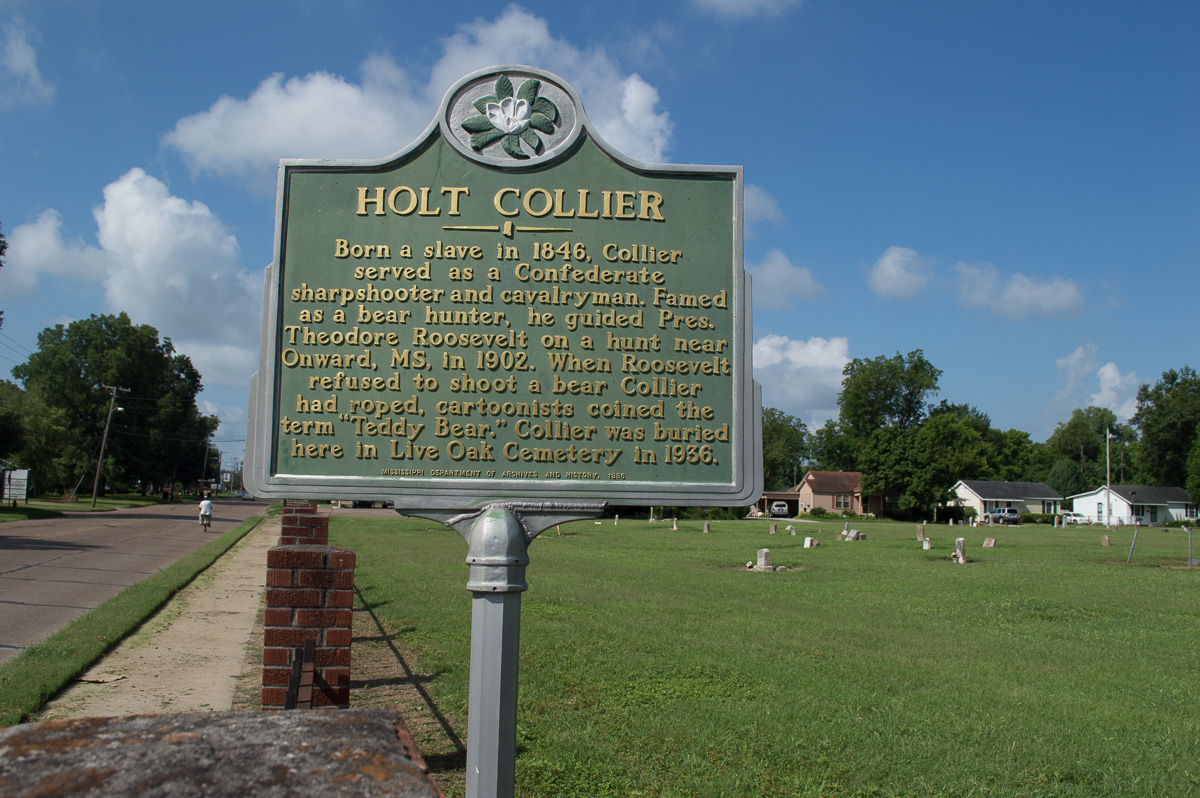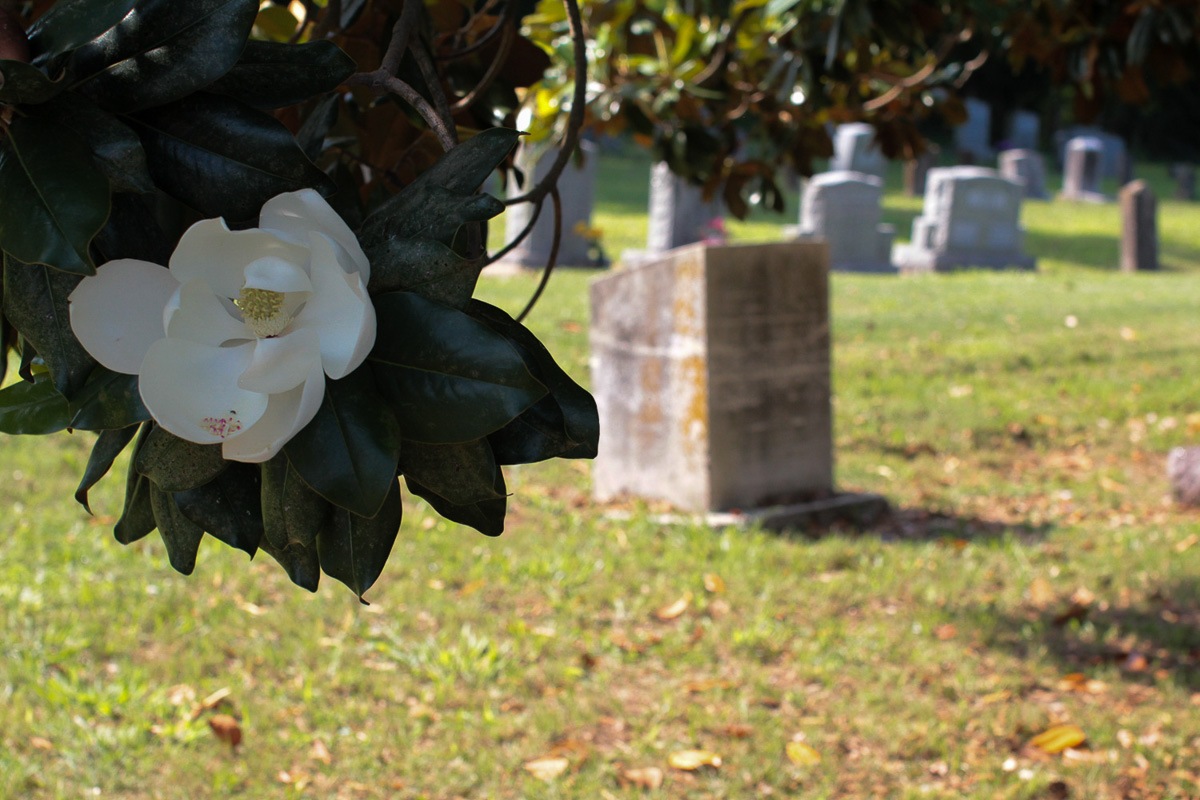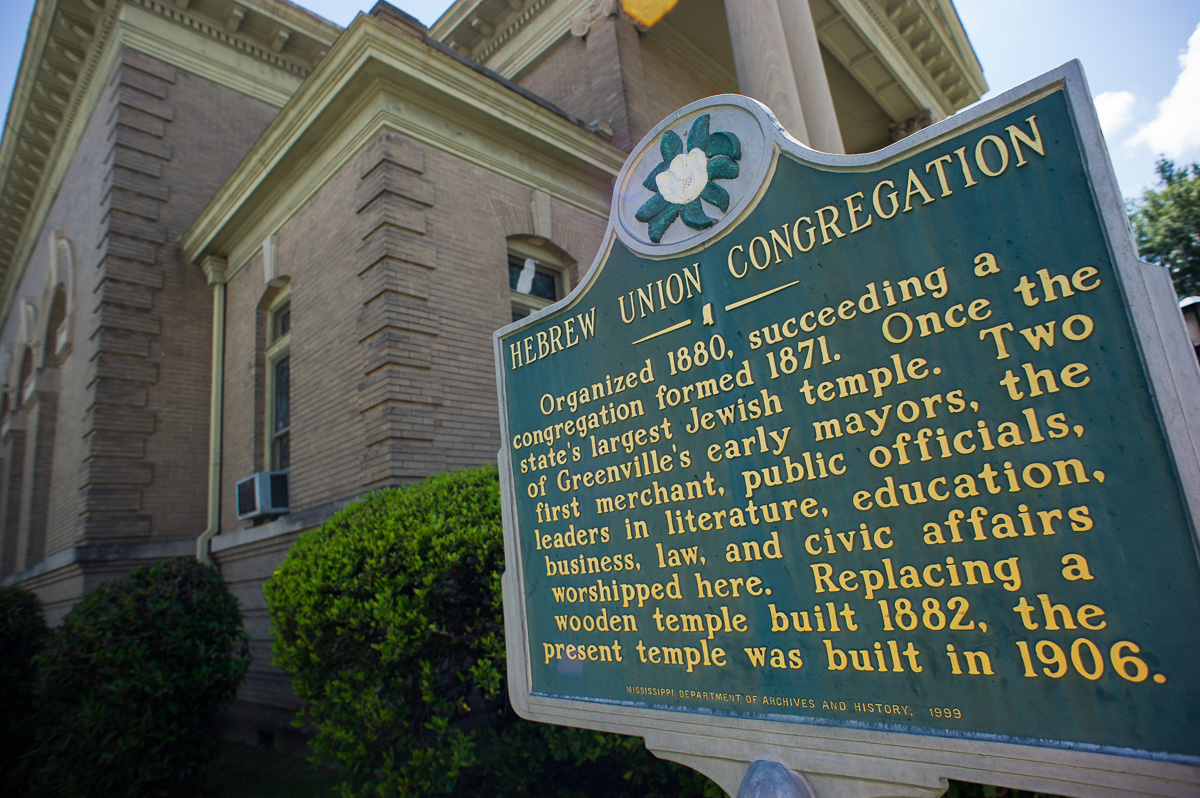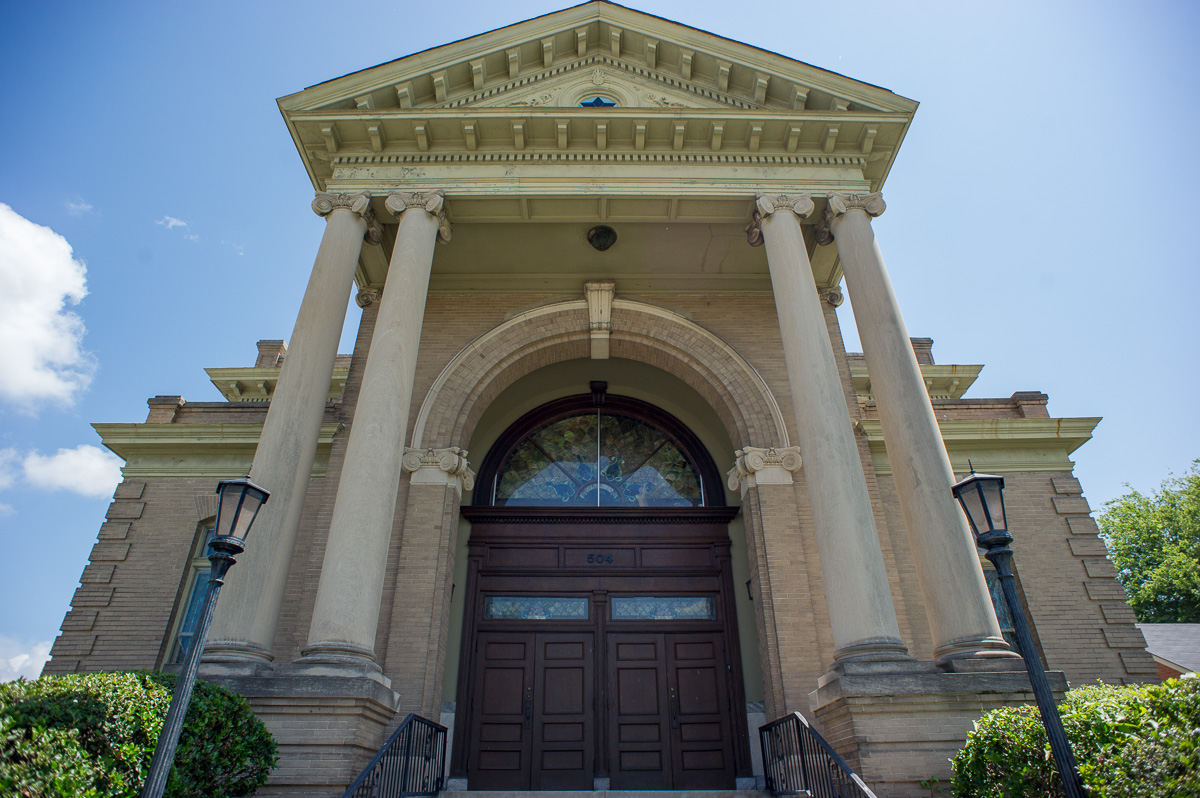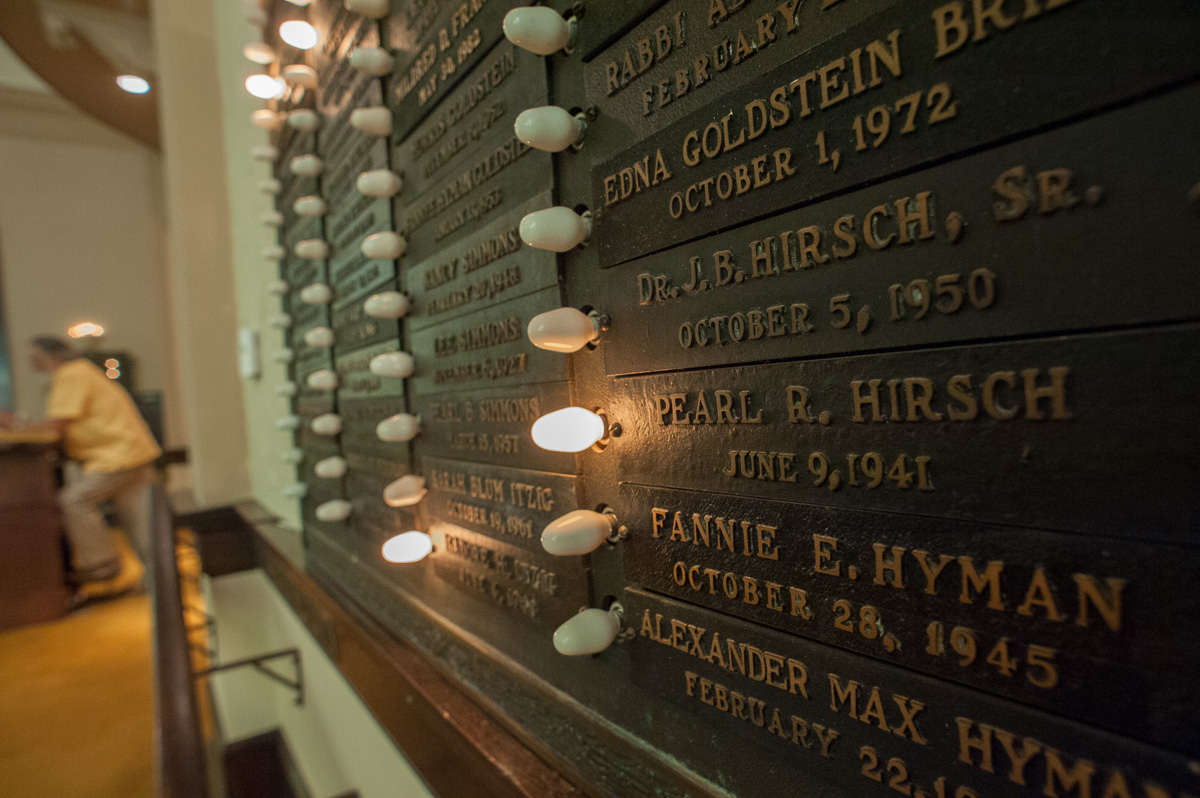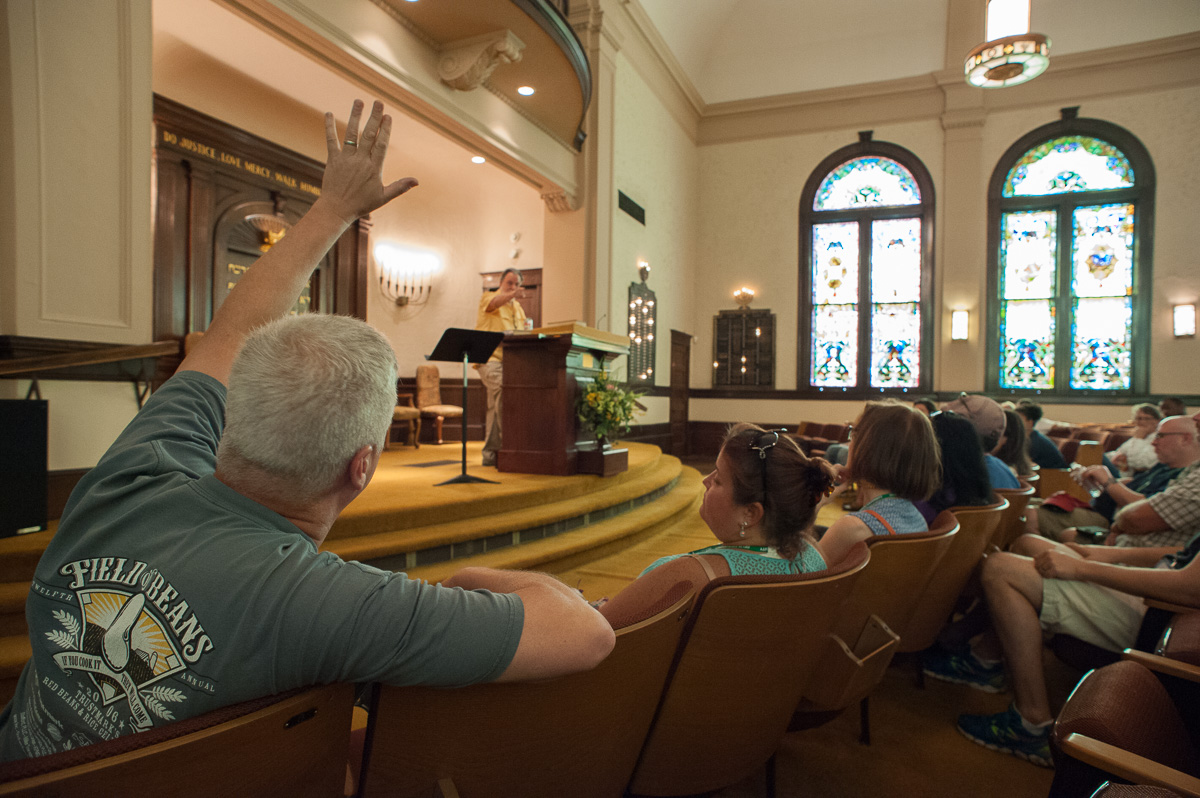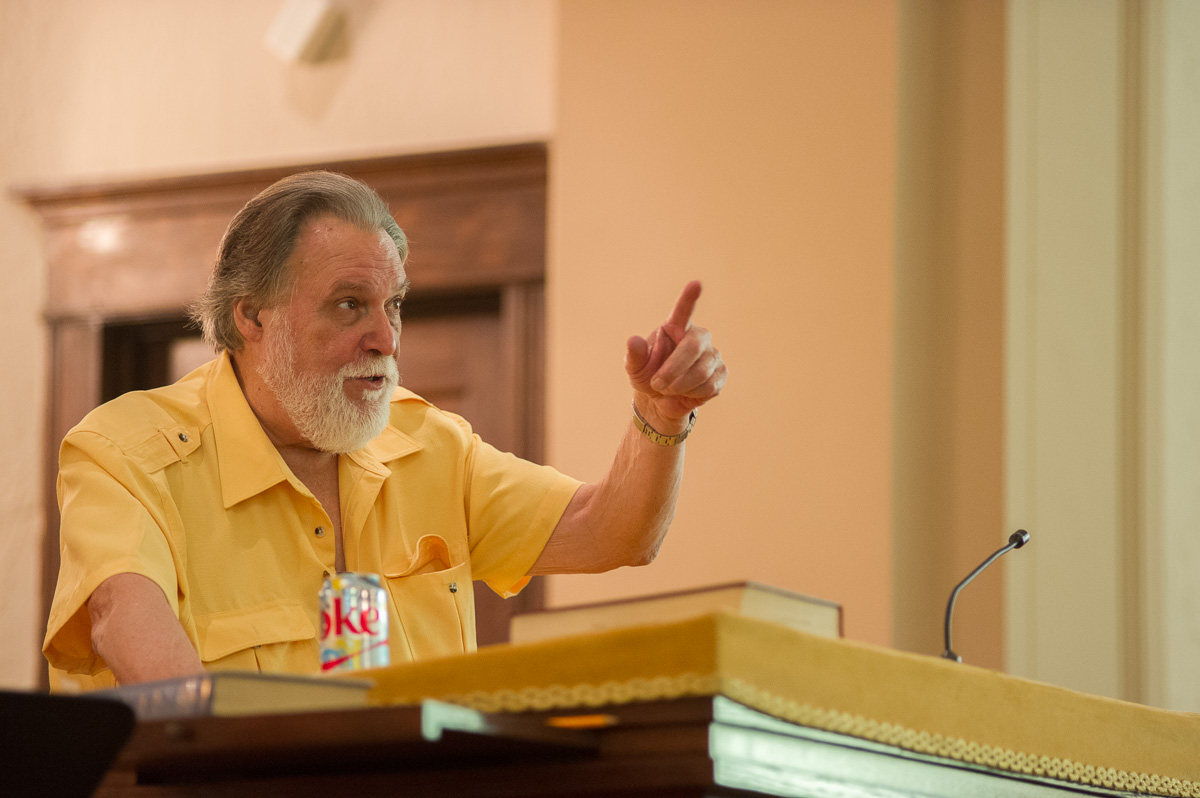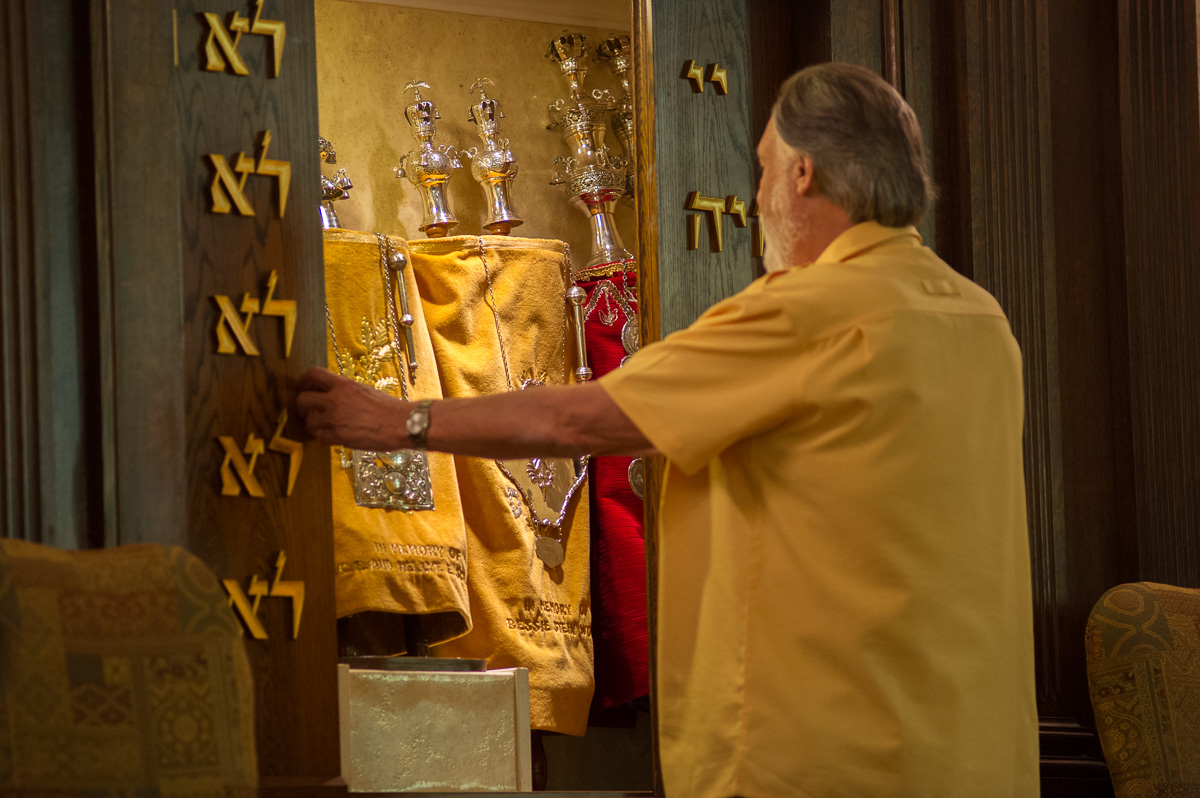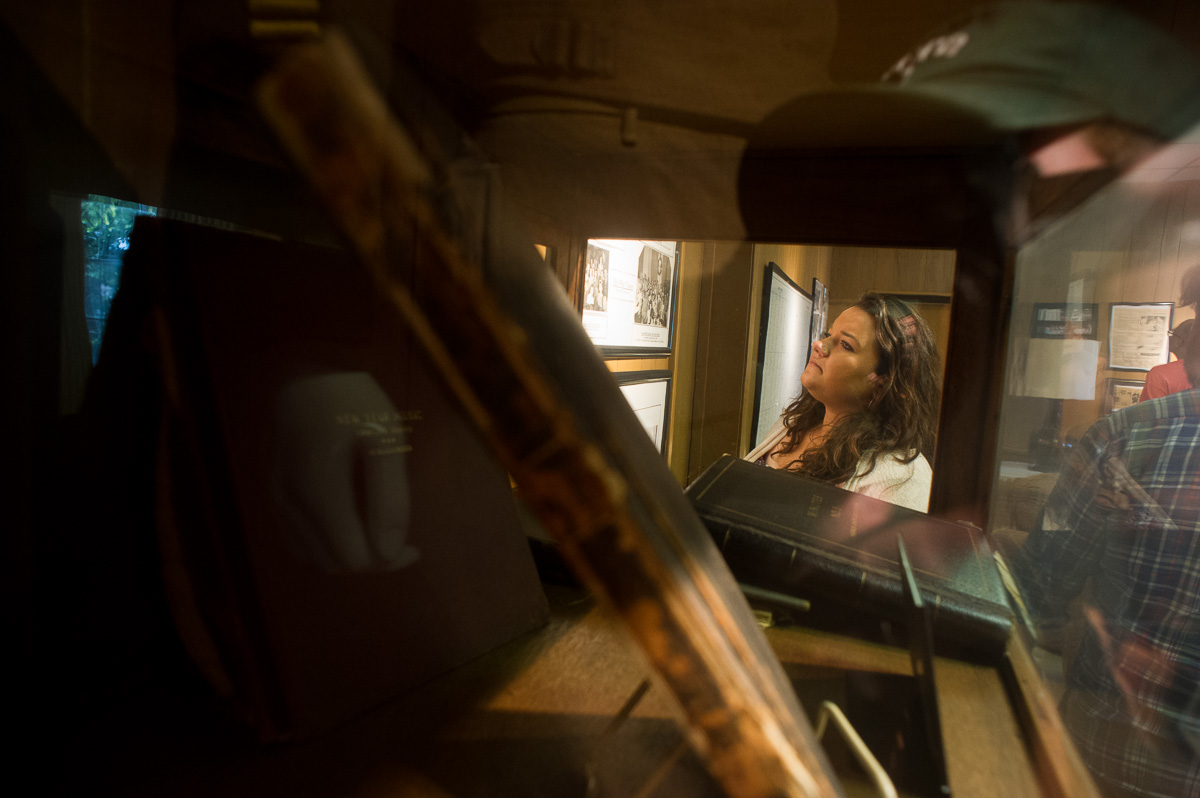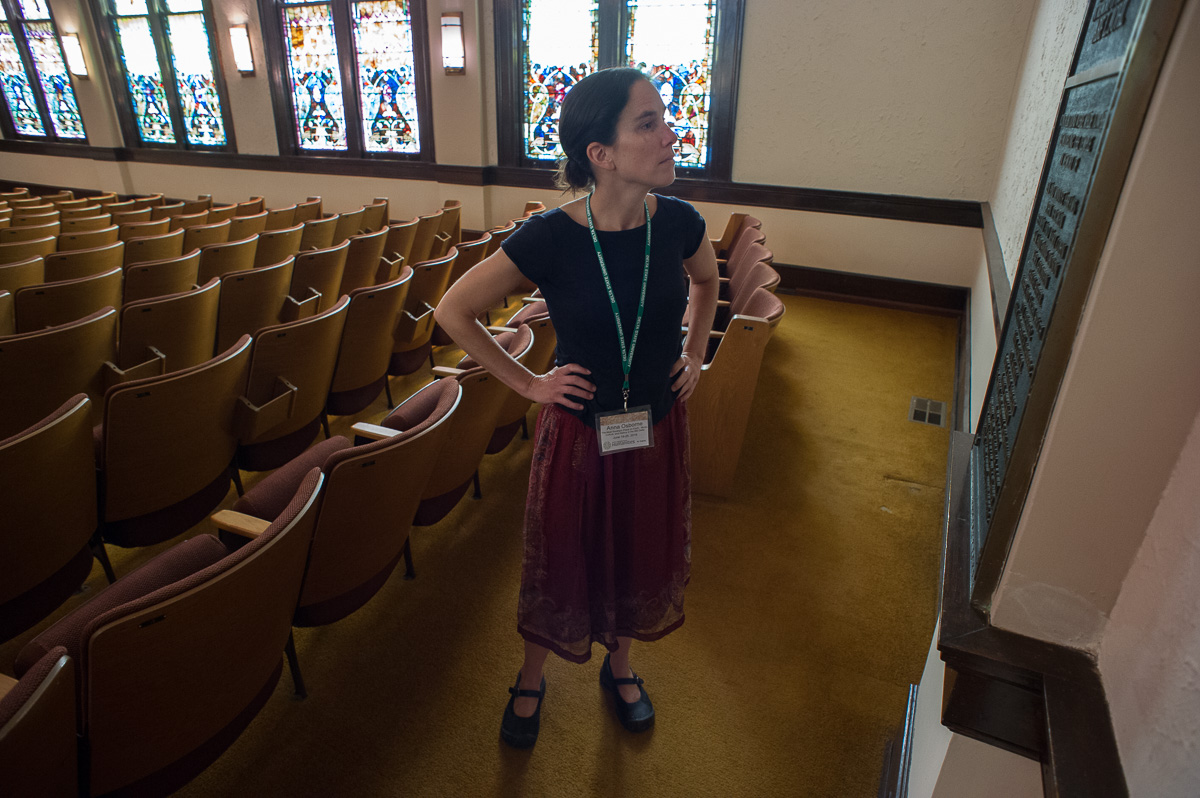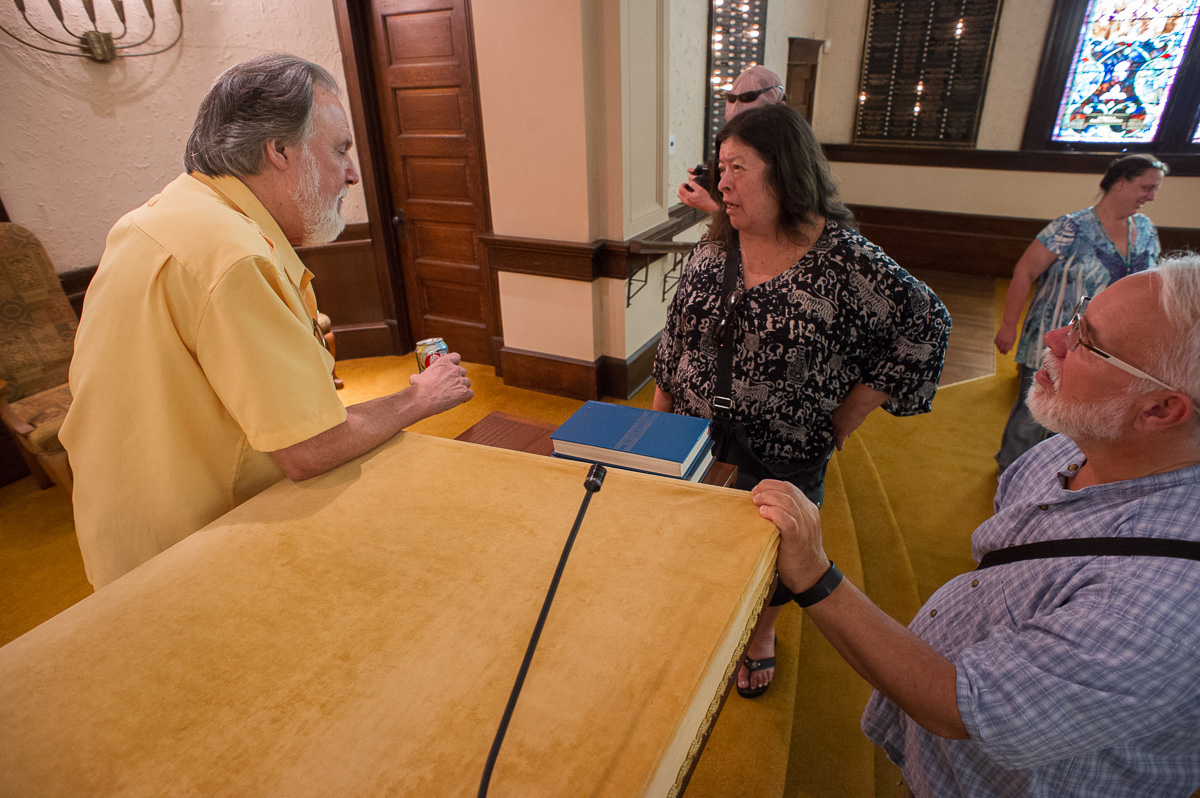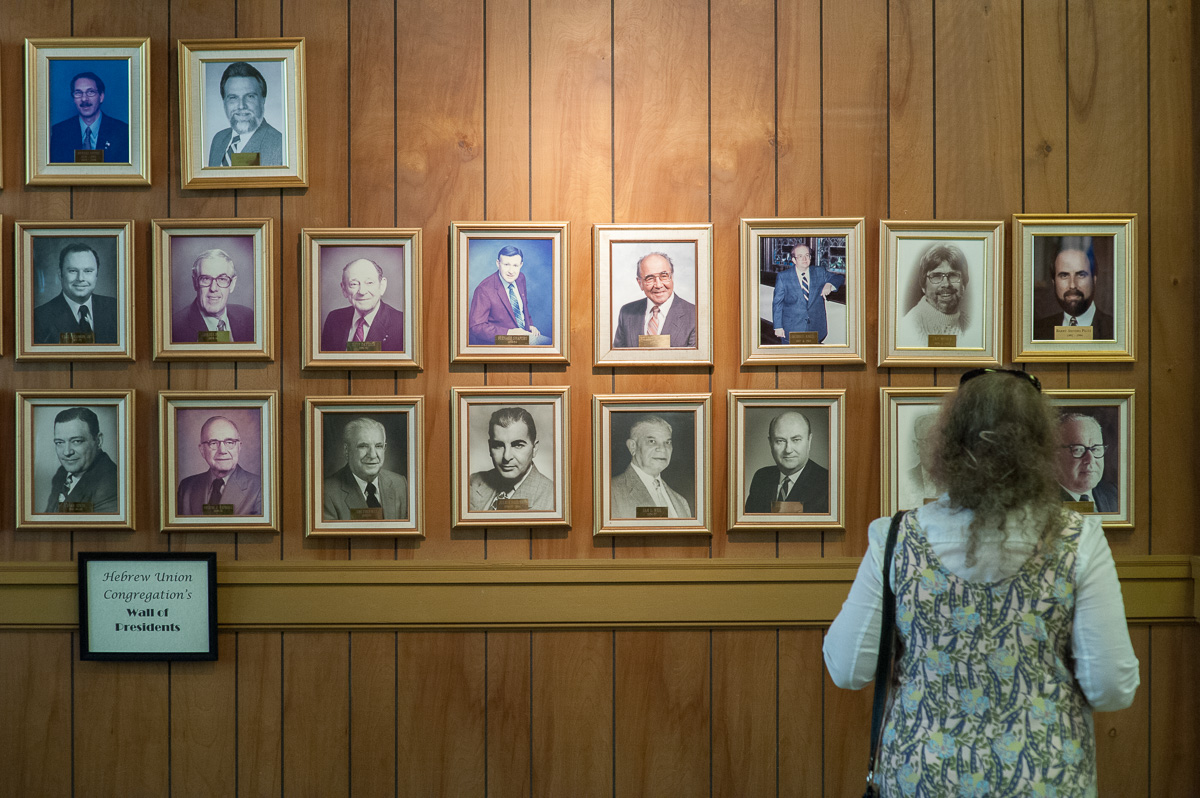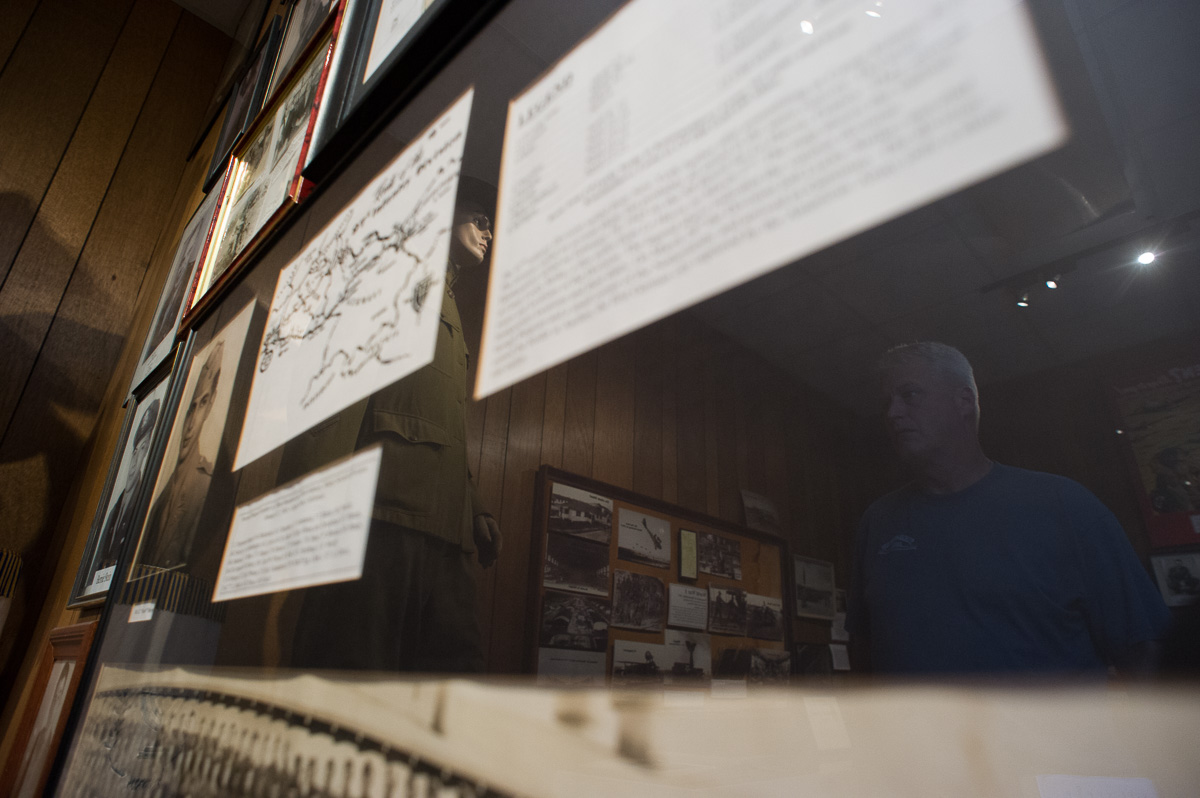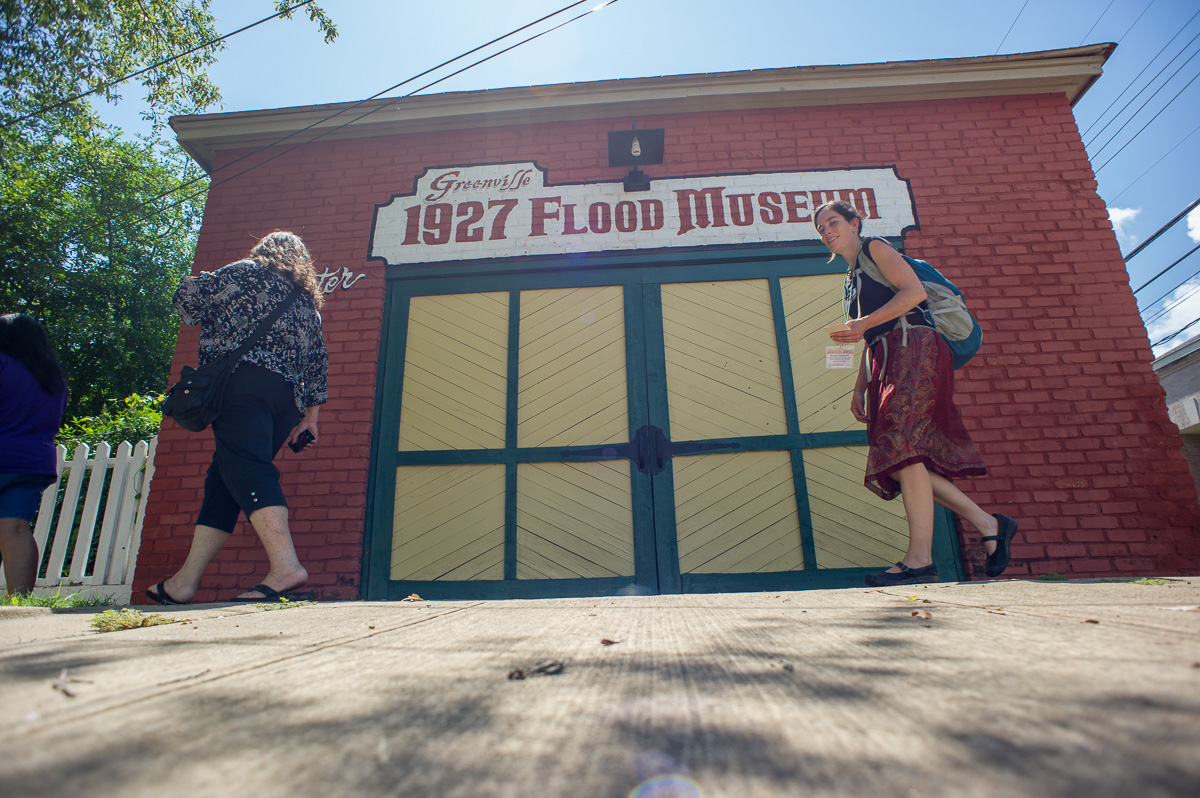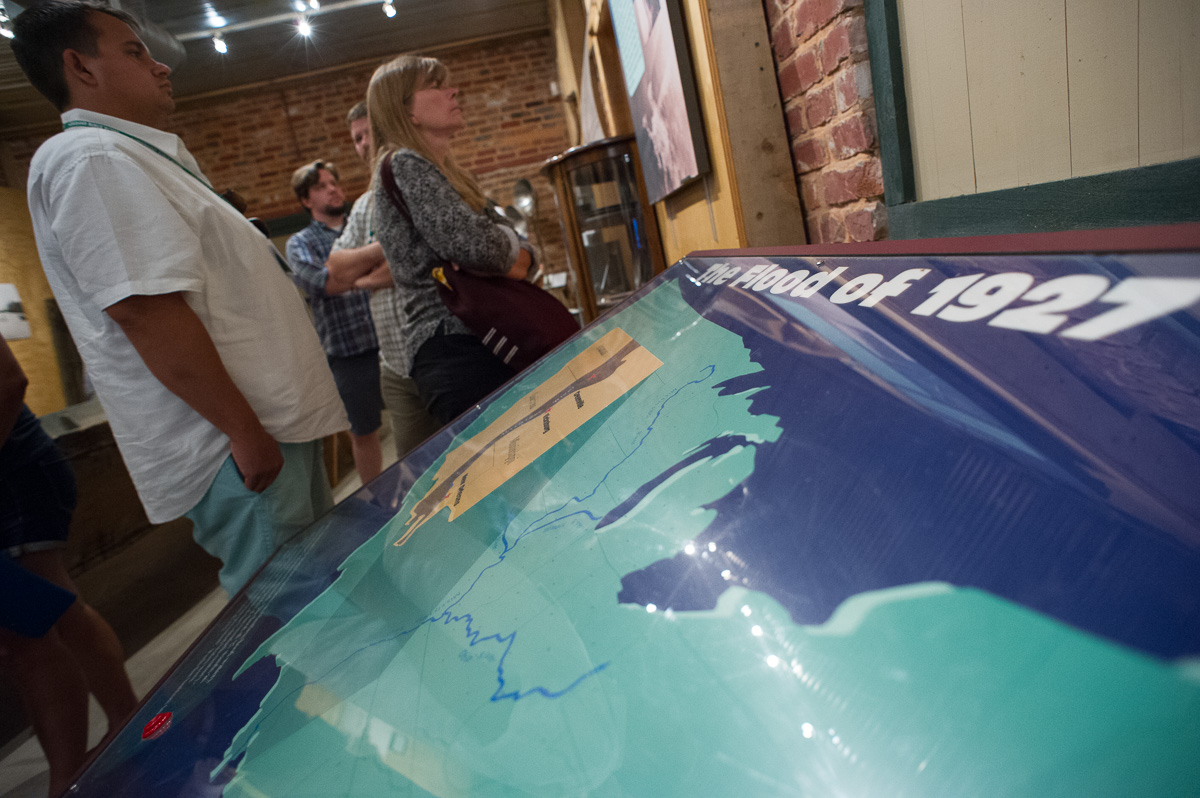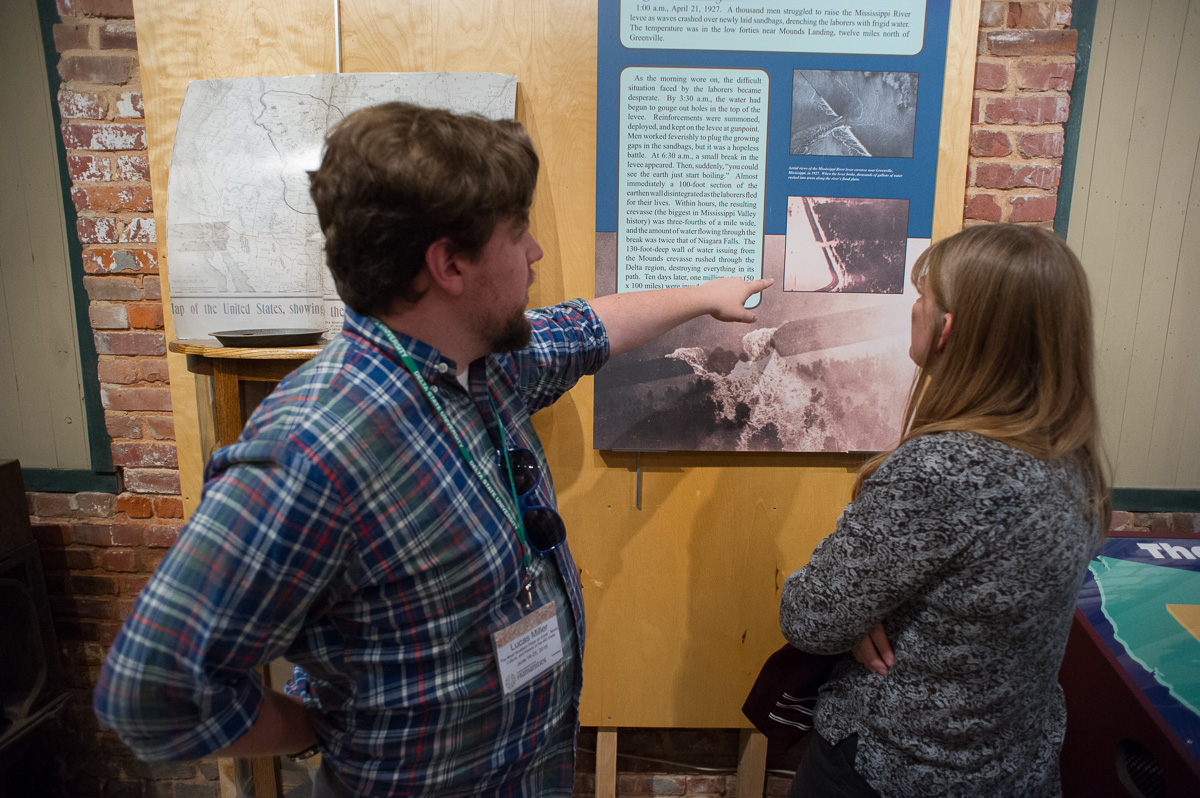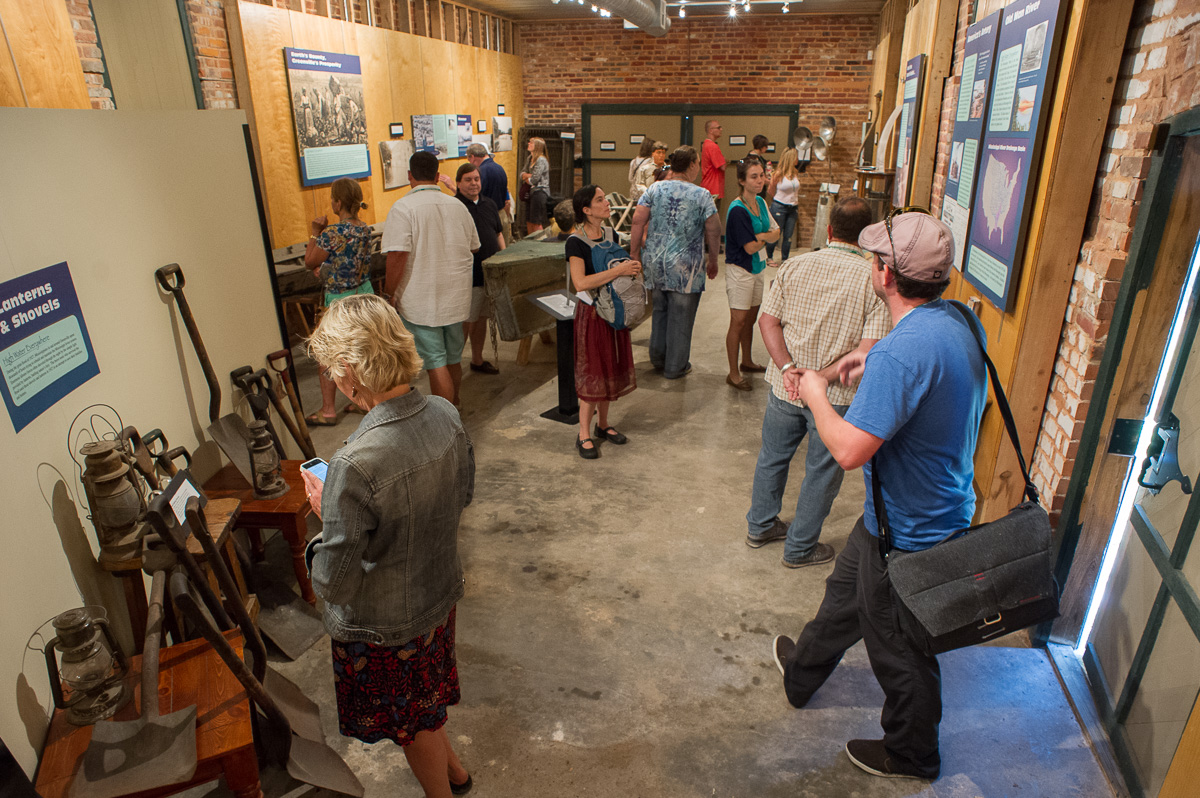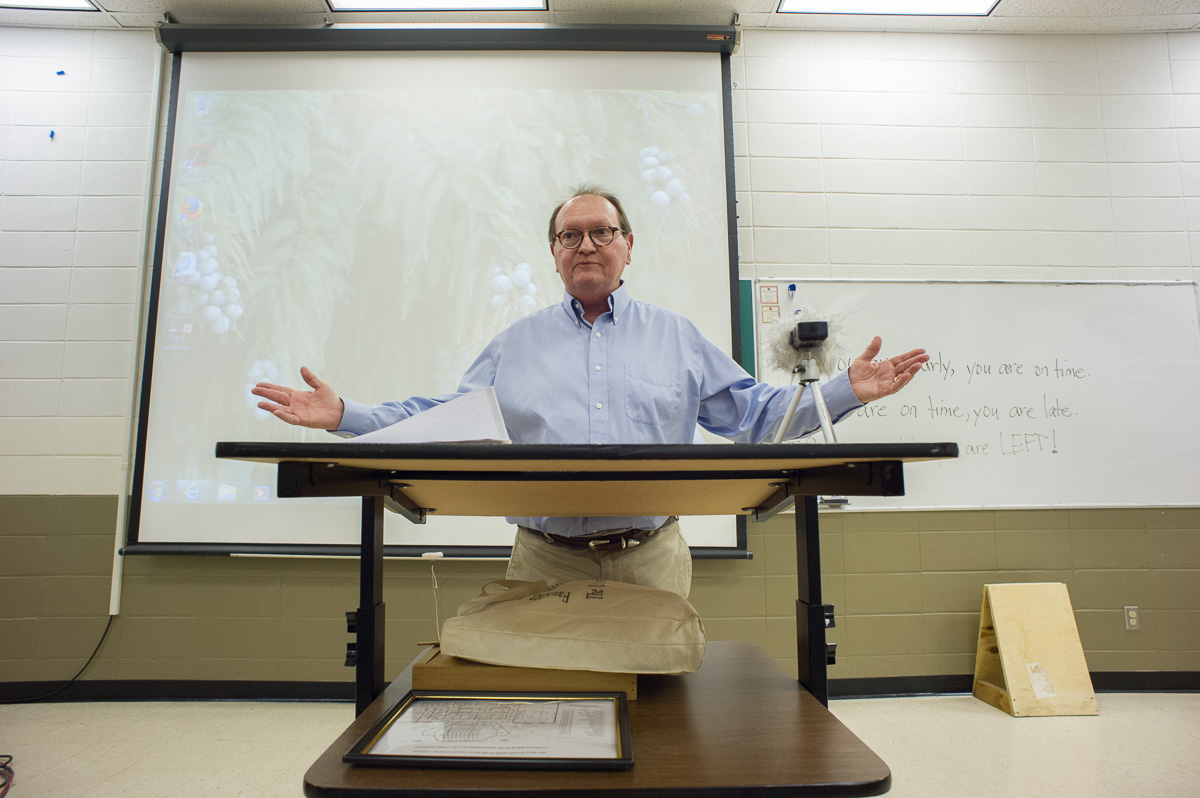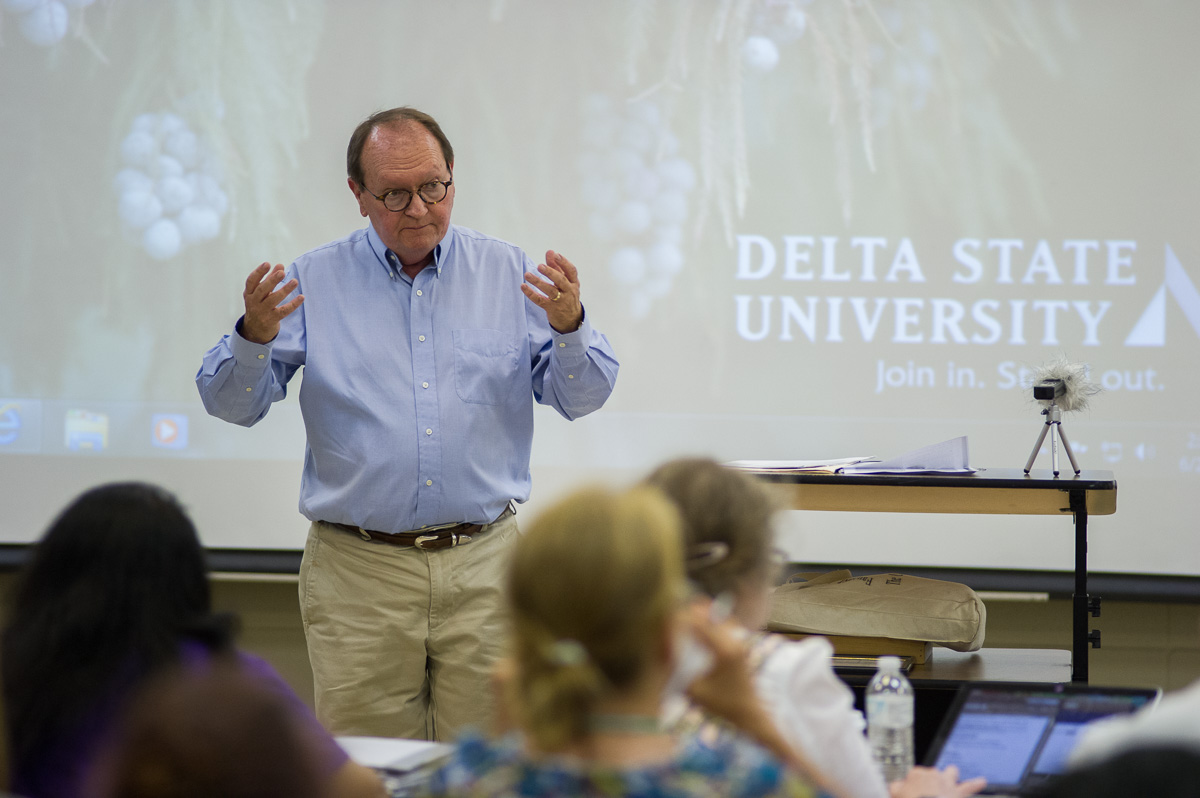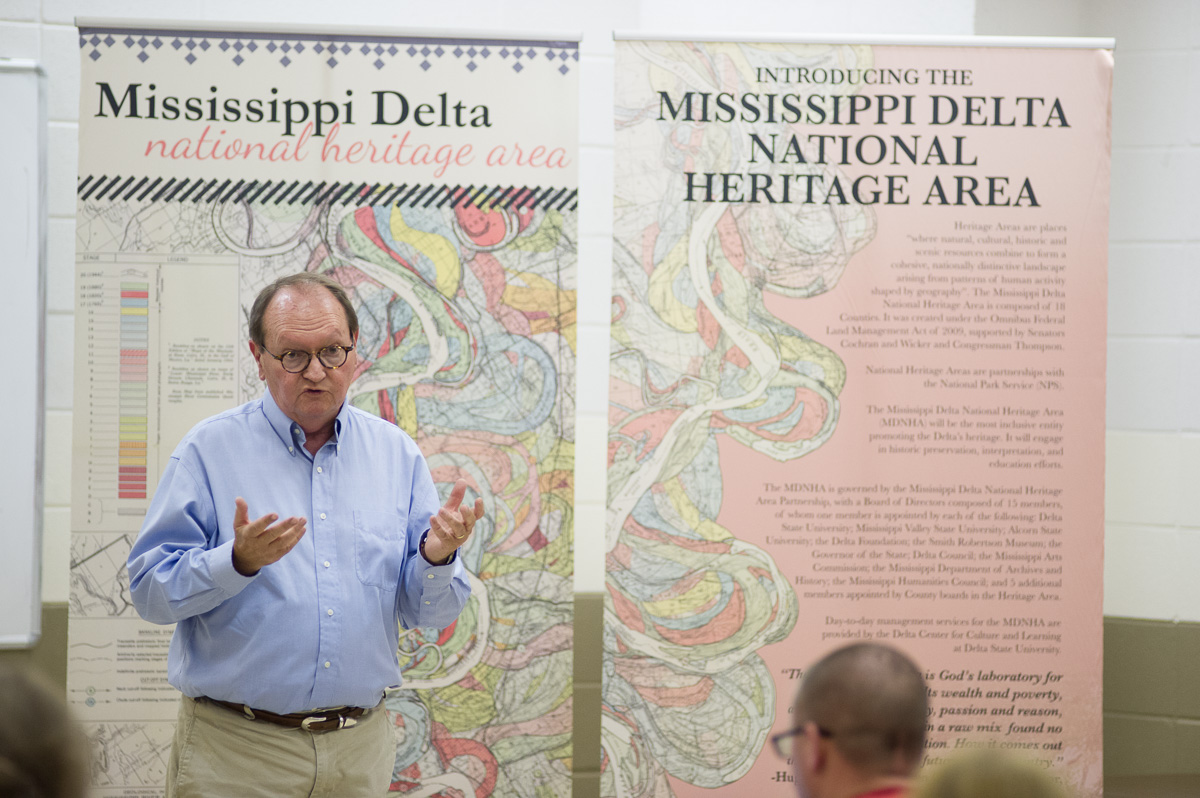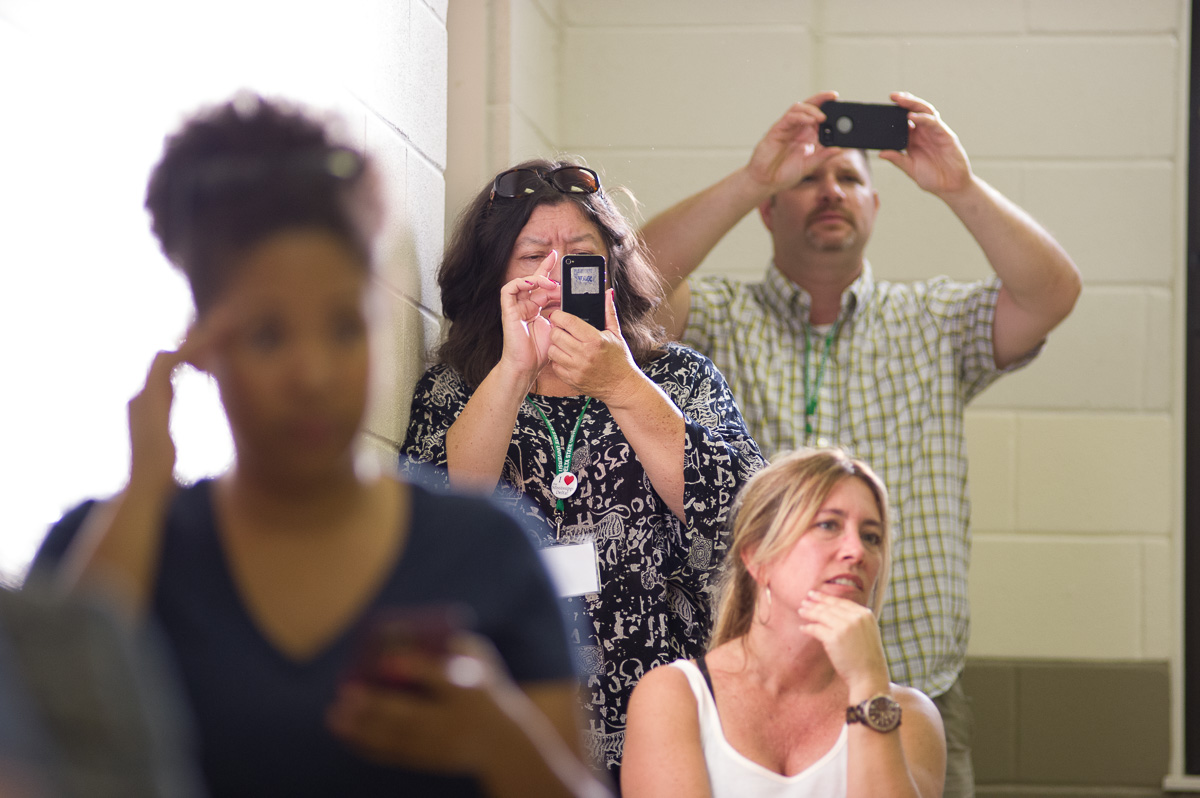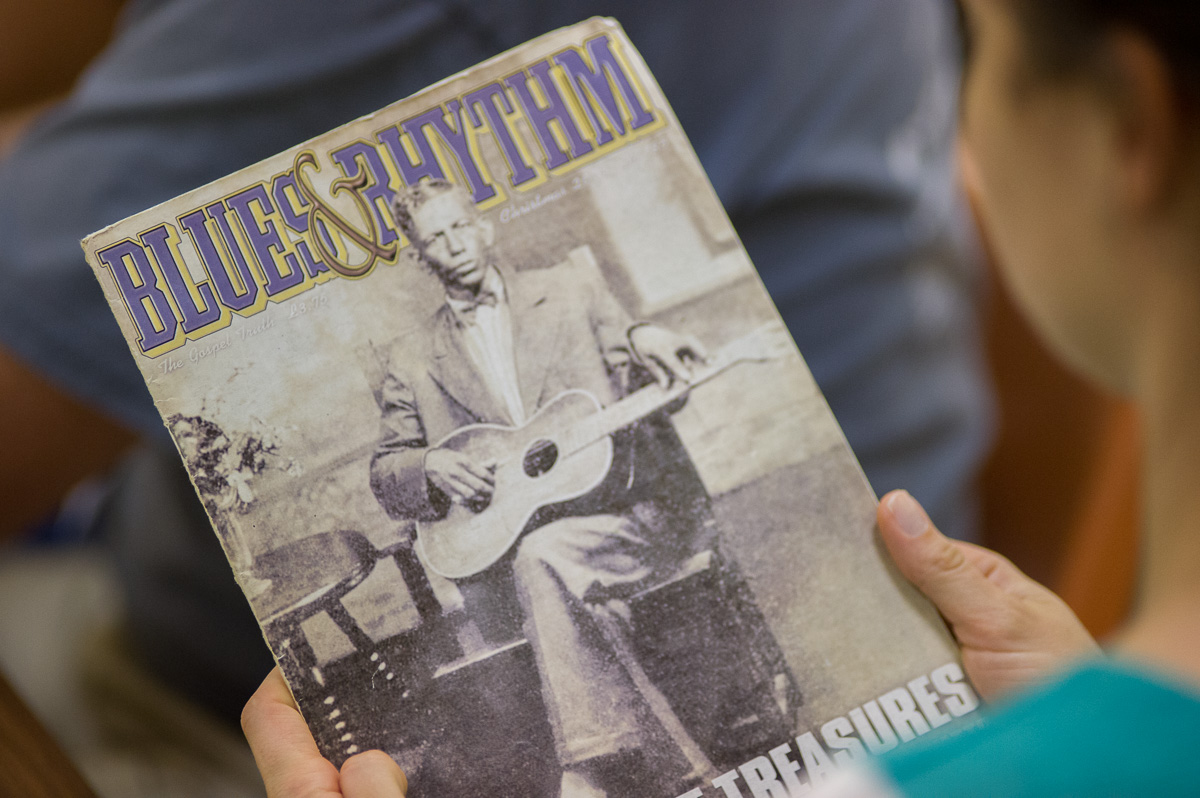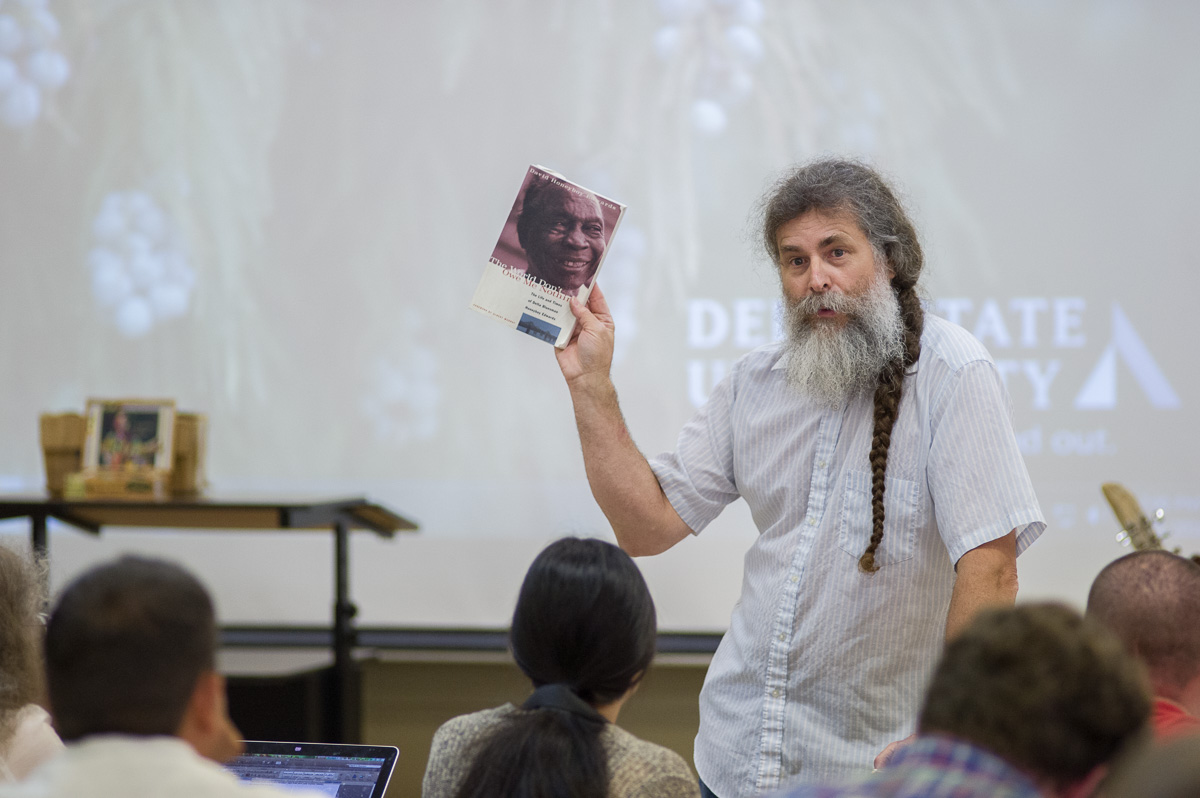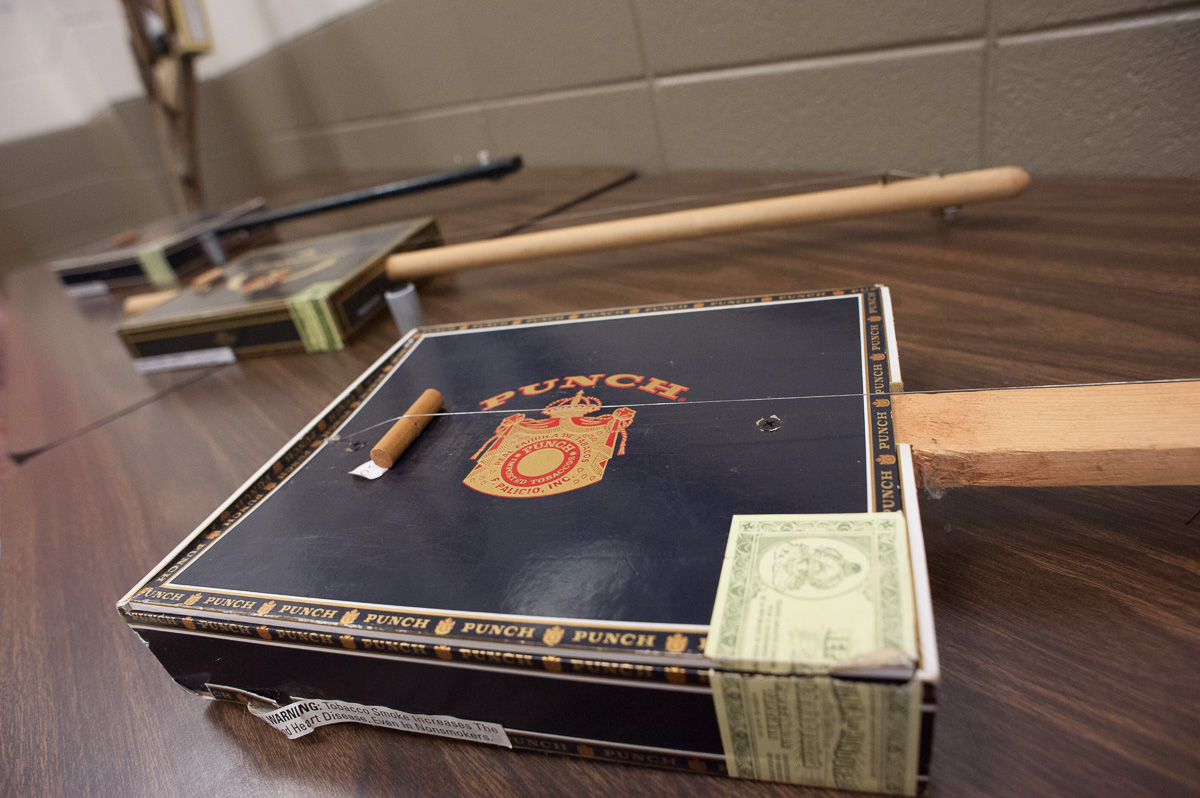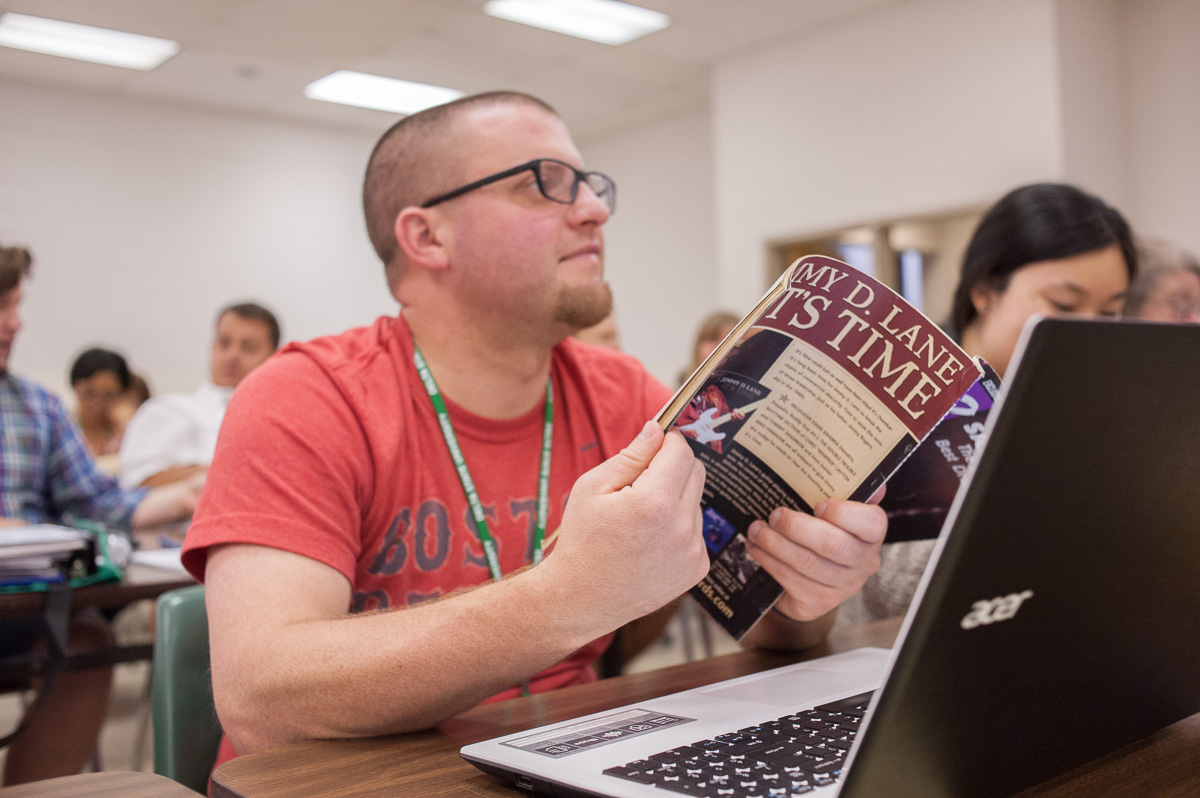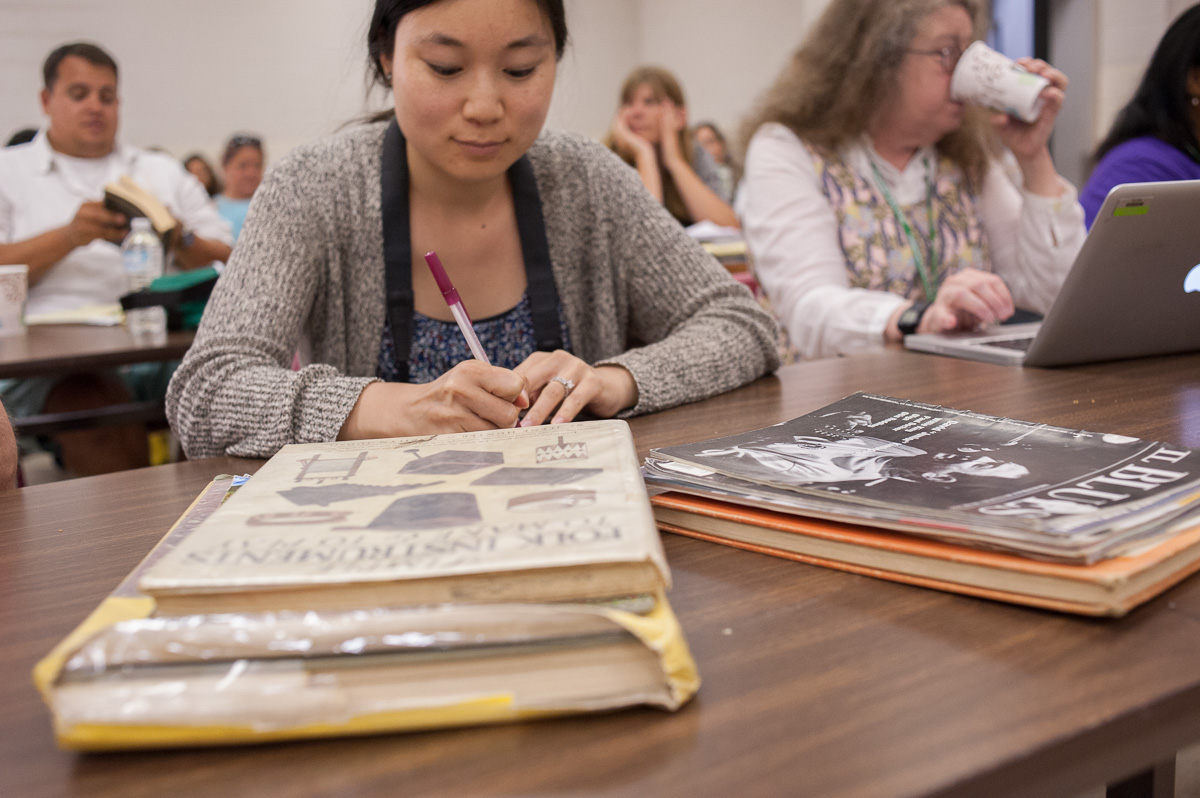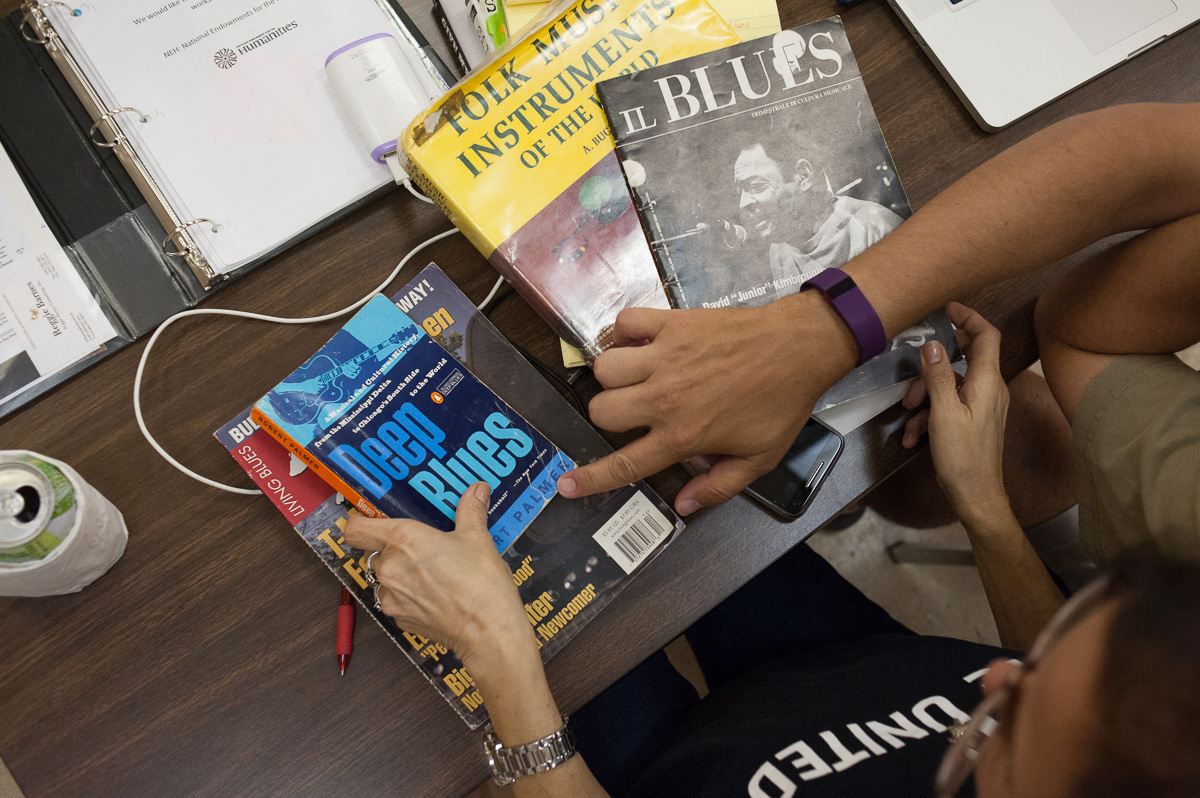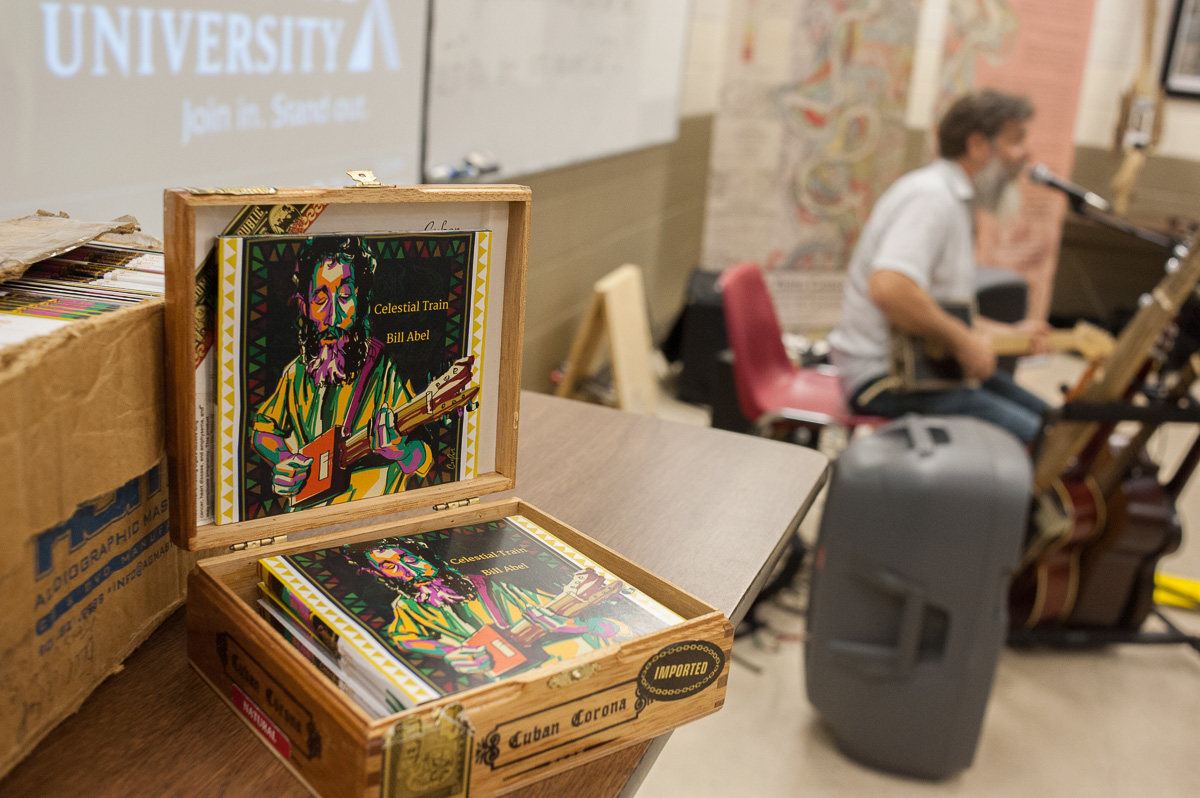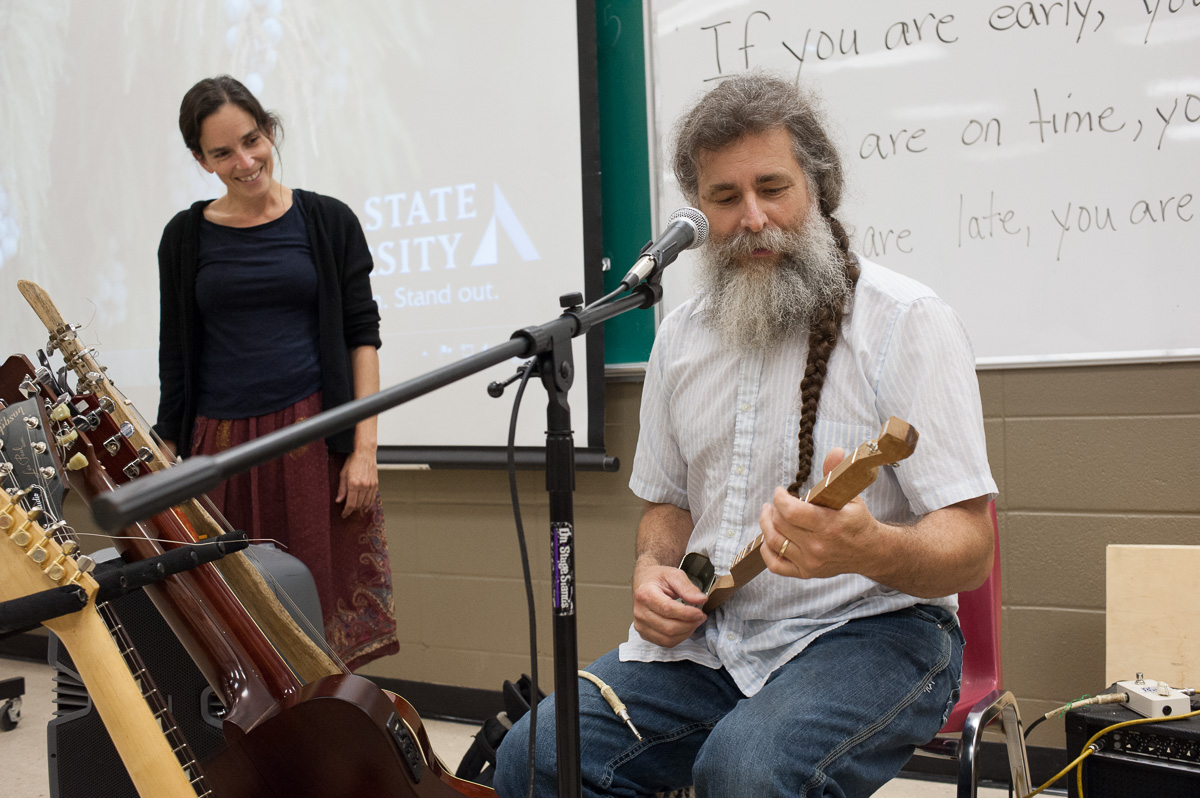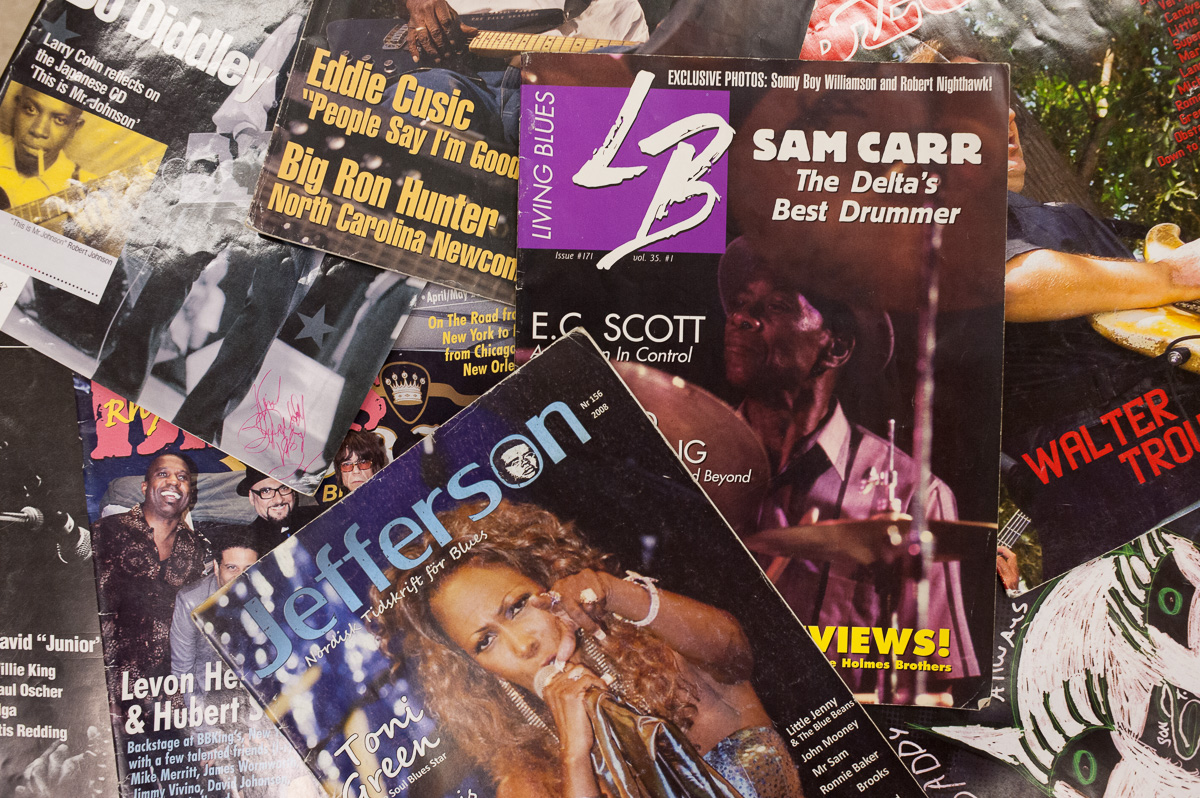The Delta Center for Culture and Learning at Delta State is once again offering its summer program “The Most Southern Place on Earth: Music, History and Culture of the Mississippi Delta.”
The program is part of the annual Landmarks in American History and Culture series that is funded by the National Endowment for the Humanities. Pending funding from the NEH, the center is hoping to offer the program again in 2015.
This highly competitive workshop draws participants from all 50 states. Diana Brown, a special education teacher at Ruleville Middle School, recently reflected on her participation in 2012.
“One learning experience which I am really grateful for having the opportunity to participate in was ‘The Most Southern Place on Earth,’ under the direction of Dr. Luther Brown and Lee Alyward,” said Diana. “The opportunity changed my life in more ways than one. I am from the Delta, but the experience was far beyond what I ever imagined.
“The institute gave me an overload of rich knowledge about the Delta I had no idea even existed. It not only gave me a dream, but provided knowledge on how to make these dreams become a reality.”
Dr. Brown has fond memories of Diana as a workshop participant.
“She was a wonderfully engaged scholar throughout the entire week, and surprised everyone the last day by bringing in delicious home made sweet potato pies for everyone to enjoy,” said Brown. “She really welcomed everyone to the Delta.”
Diana has always loved learning but had to put her career on hold early in life when she started her family. Today she has two grown daughters and five grandchildren. She credits Delta State with helping her succeed.
“I returned to Delta State University in 2002, and in 2005 received my bachelor’s in child development,” said Diana. “I returned to Delta State in 2005, and in 2007 received my master’s in special education. I returned to Delta State again in 2009, and in 2012 received my specialists in educational leadership.
“I guess you are wondering why Delta State University, and the answer is because it’s a small university with a big heart. You are not just a number — the staff and personnel at Delta State genuinely care about the whole person.”
Her workshop experience in 2012 stimulated her interest in subsequent seminar opportunities. In 2013 she had the opportunity to participate in a learning experience in Lawrence, Kans. working on the pilot program for the alternate assessment for special needs children.
“I love to learn and I am going to learn until I am not in existence,” added Diana. “This year I applied for another teacher institute which is titled ‘The Rochester Reform Trial’ located in Rochester, New York.”
The workshop, from July 20-26, will examine the reform as expressed in landmarks such as Broad Street Aqueduct, Ernie Canal, Mount Hope Cemetery and several other landmarks.
Another participant from the same workshop that started Diana on her path, Markette Pierce, lives in Rochester and is organizing their summer experience together. She wrote about Diana on Facebook.
“She aced it as a local participant. She’s my role model as I prep for this workshop,” said Pierce. “I’m already thinking, where can I take her to get a taste of Rochester’s music and foodie culture? The closest thing we’ve got to Po’ Monkey’s is Lux Bar, which is certainly a juke joint in the ‘wicked, disorderly, unsavory’ etymological sense — though more filled with tatted up hipsters than sharecroppers.”
Brown continues her passion for learning as she becomes an ambassador for the Mississippi Delta.
For more information on The Most Southern Place workshop, contact the Delta Center For Culture and Learning at 662-846-4311.
